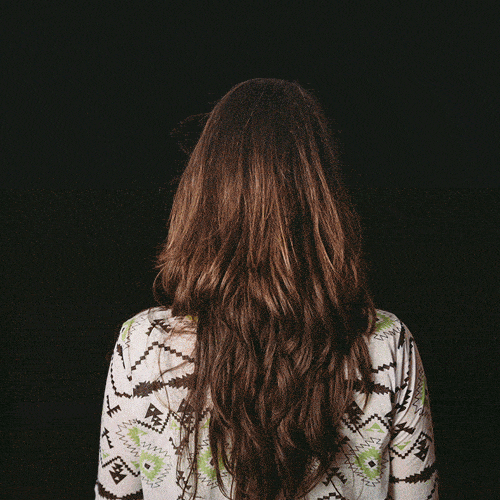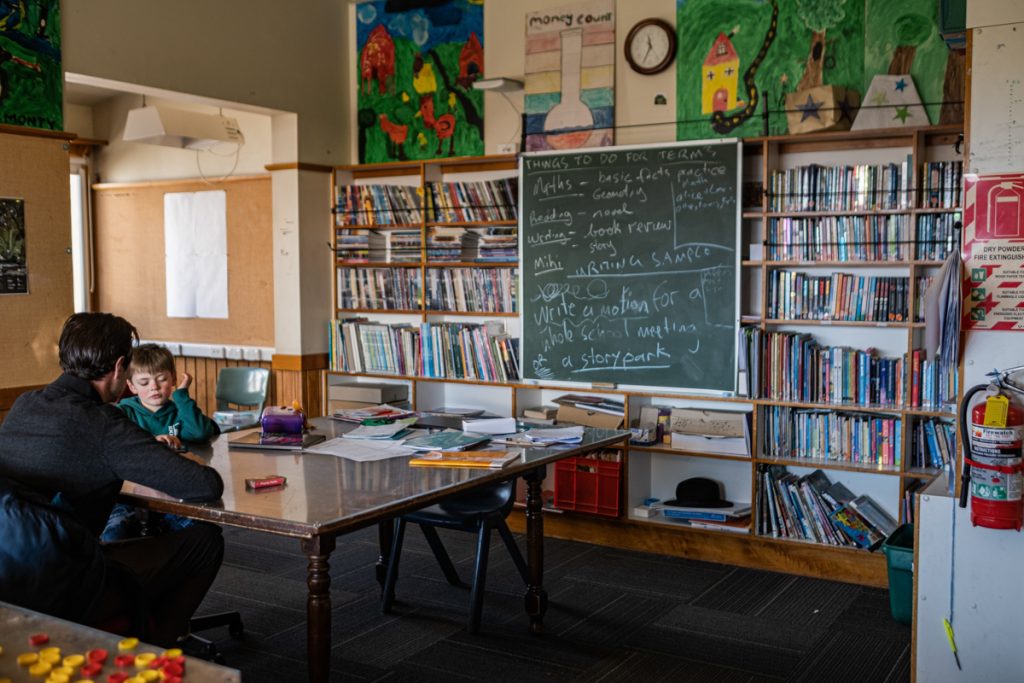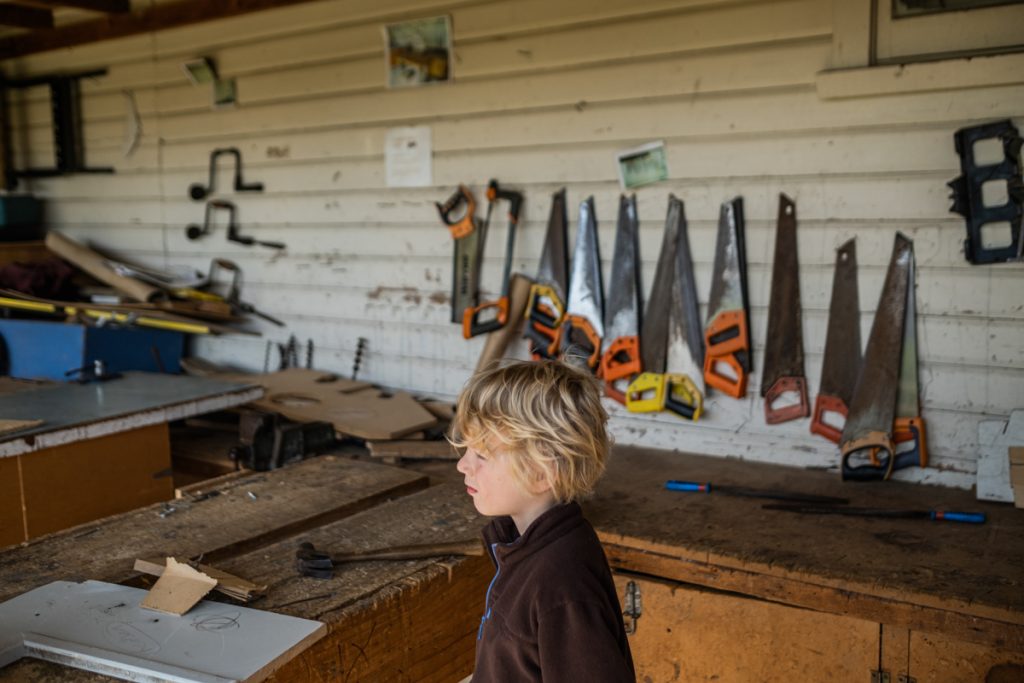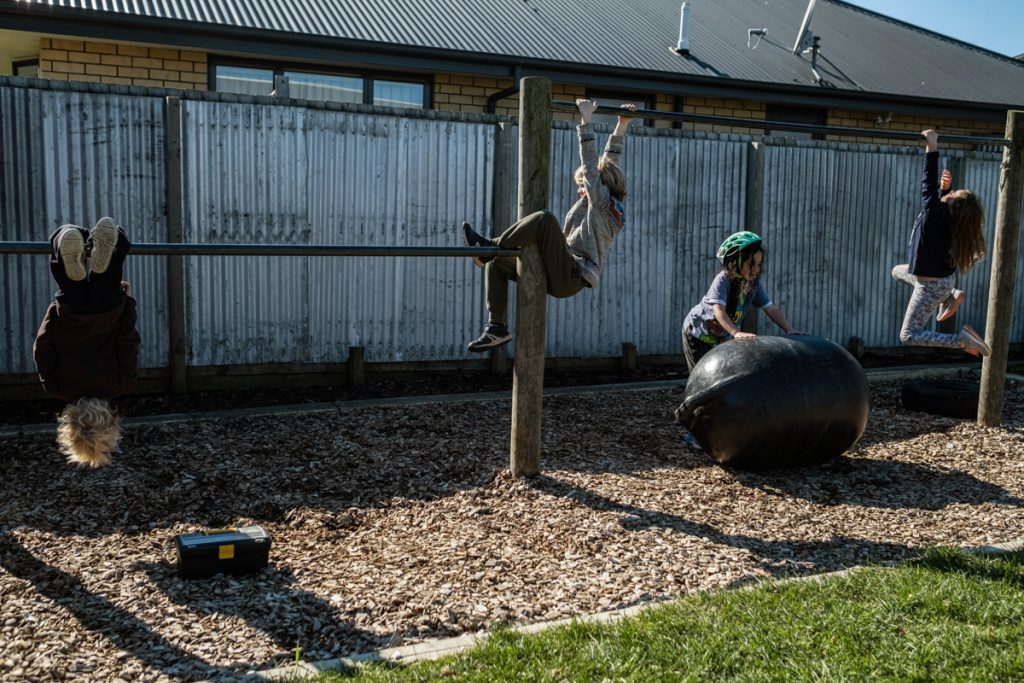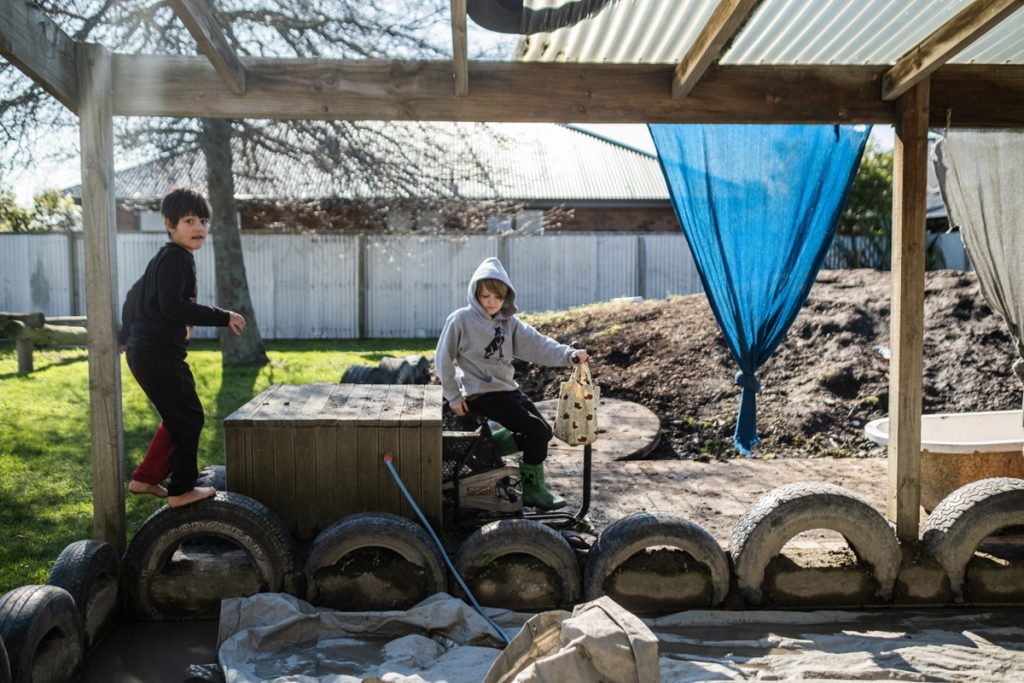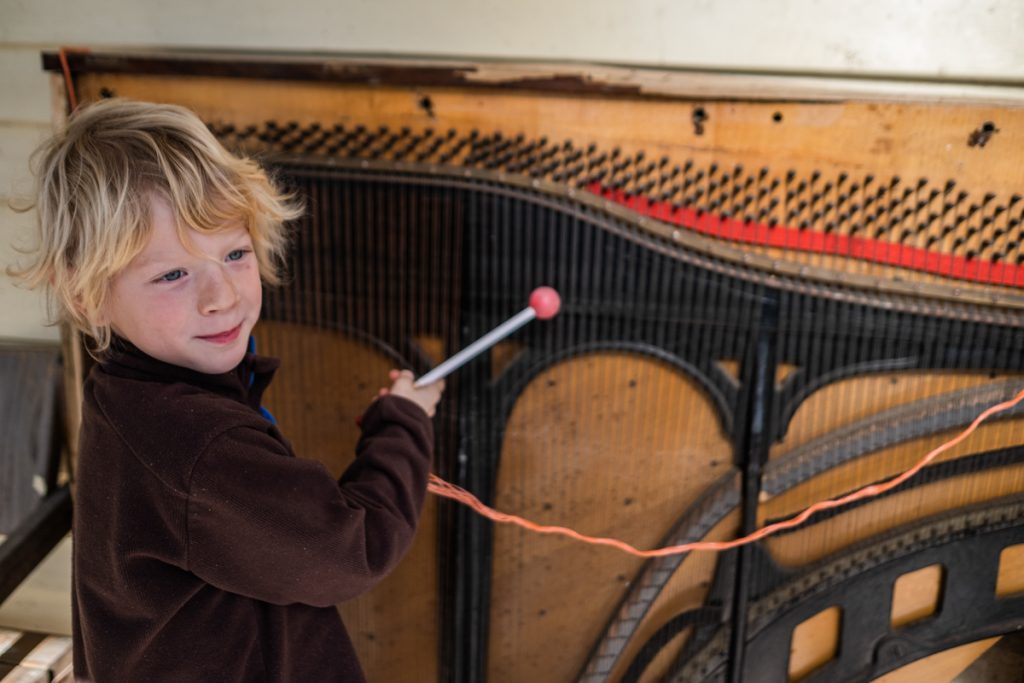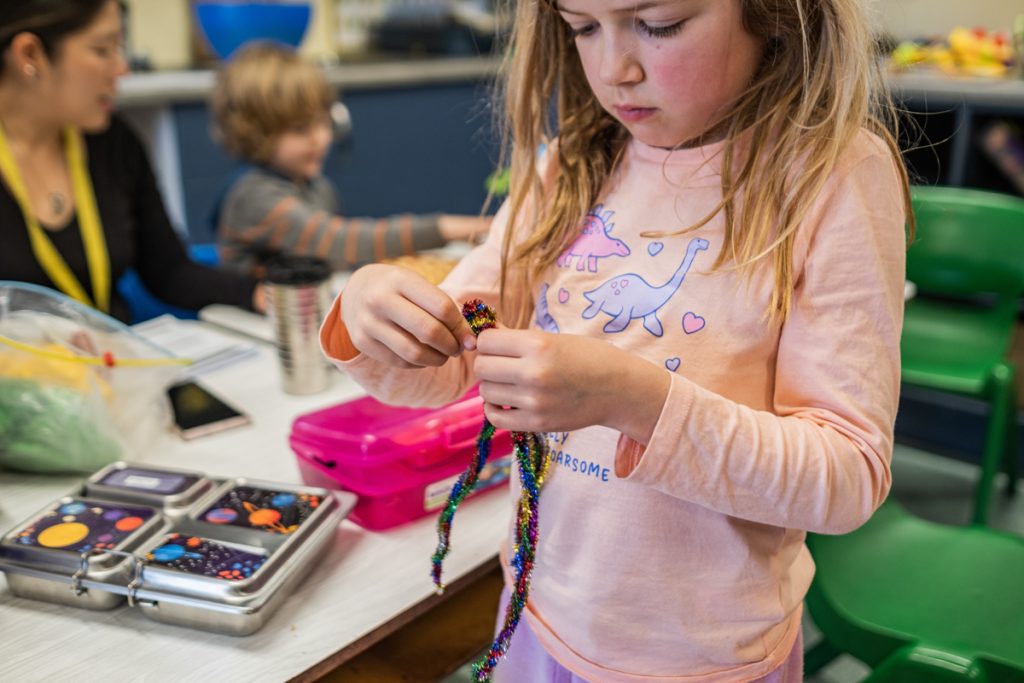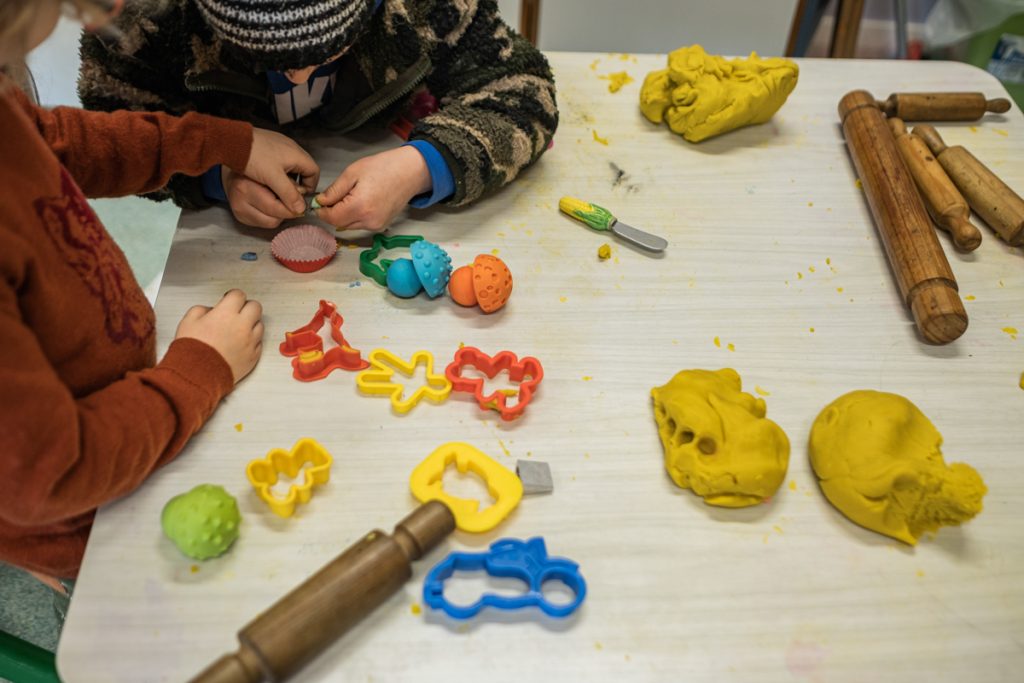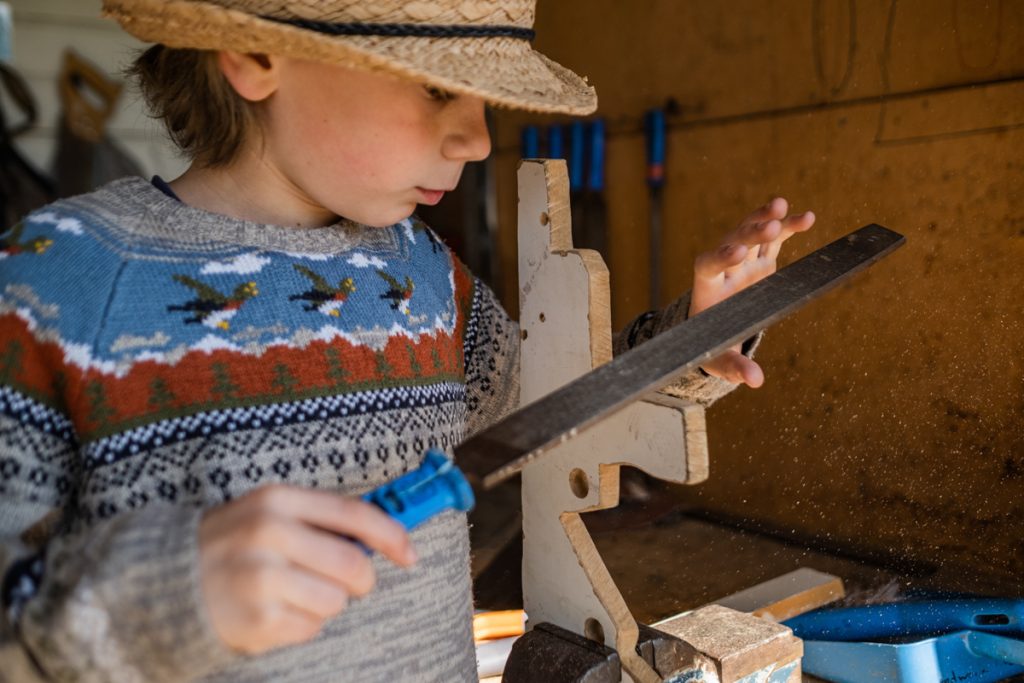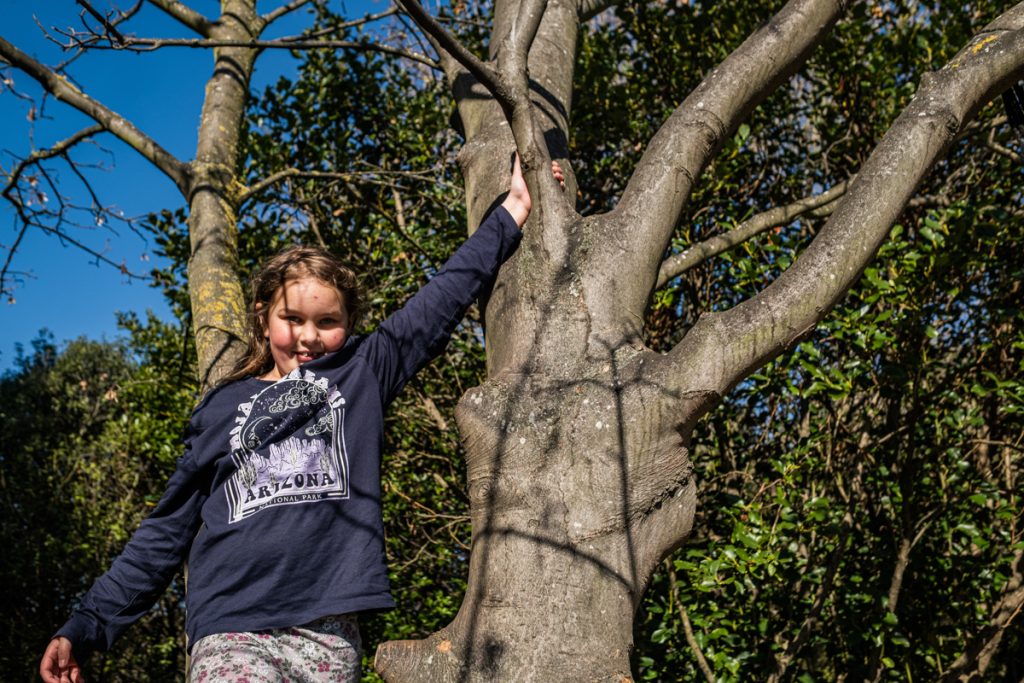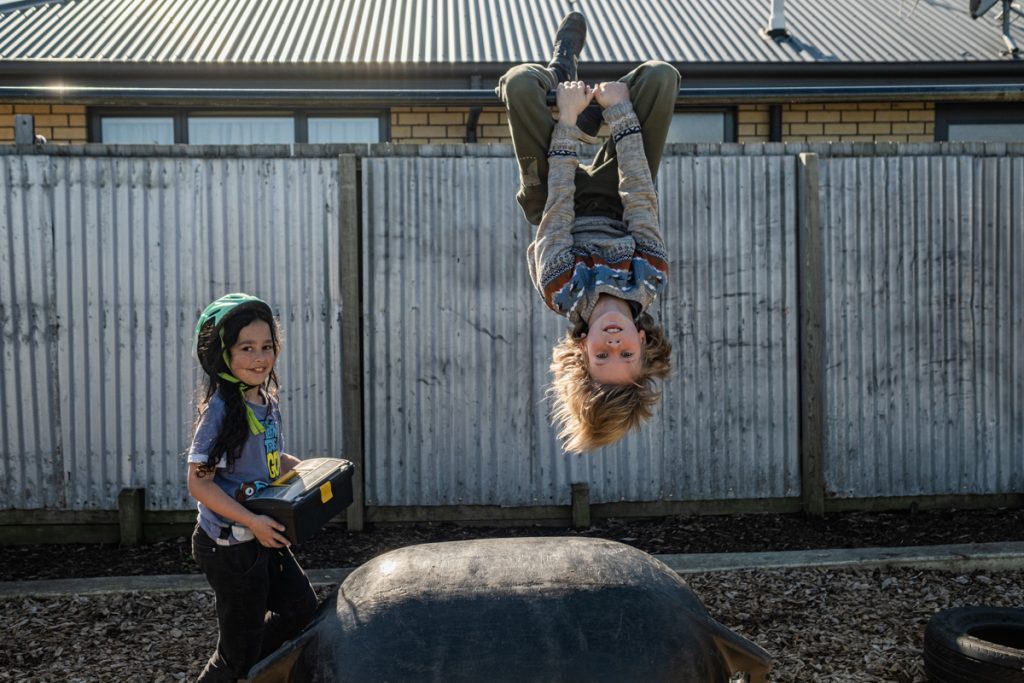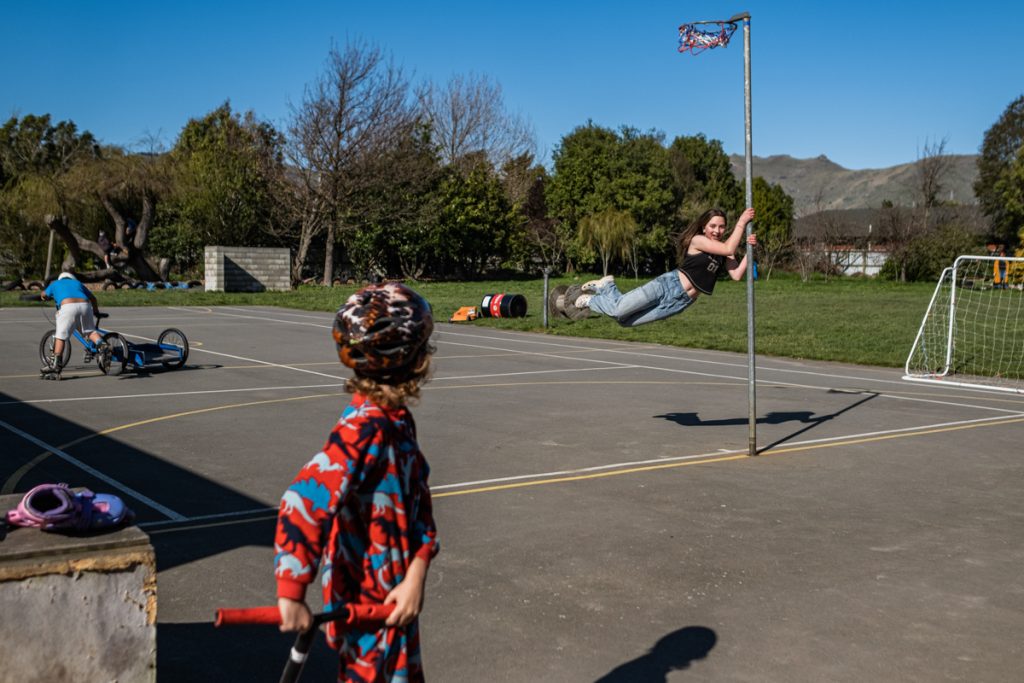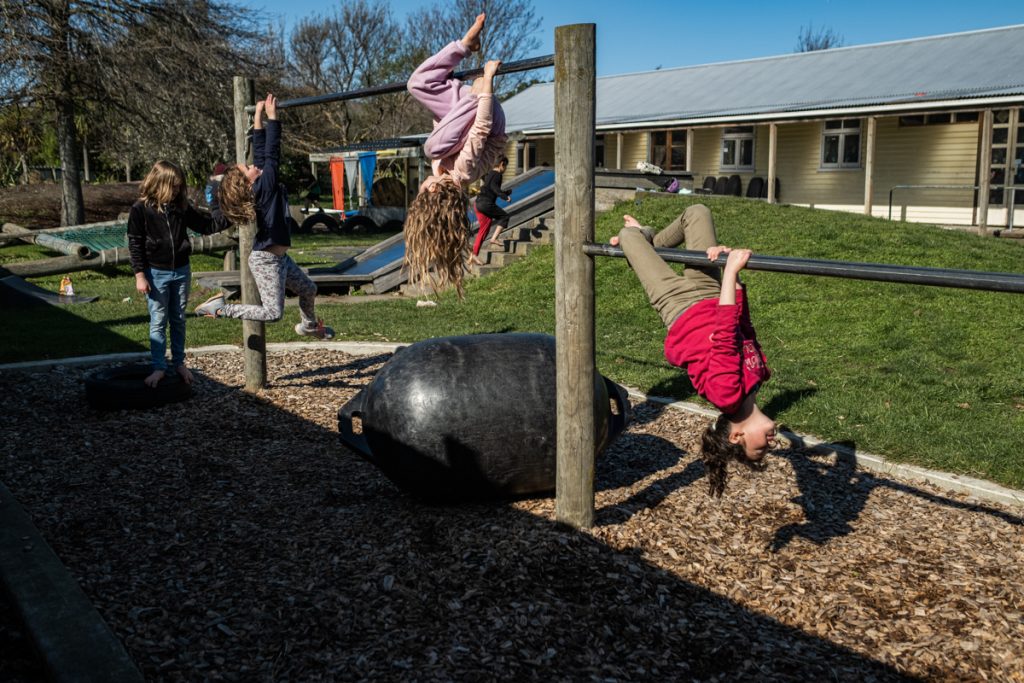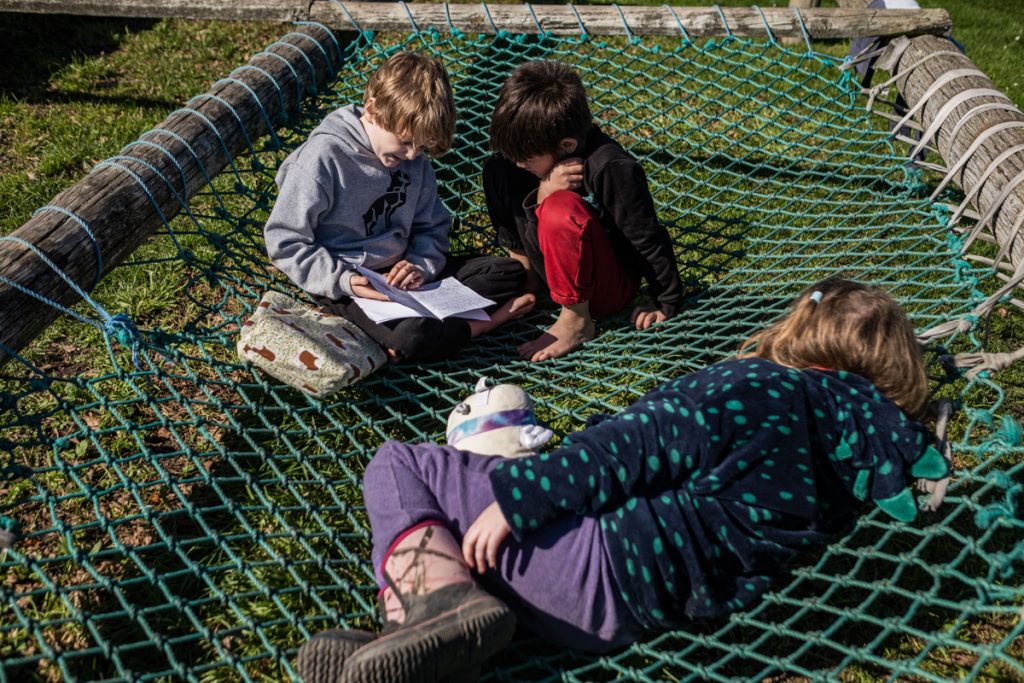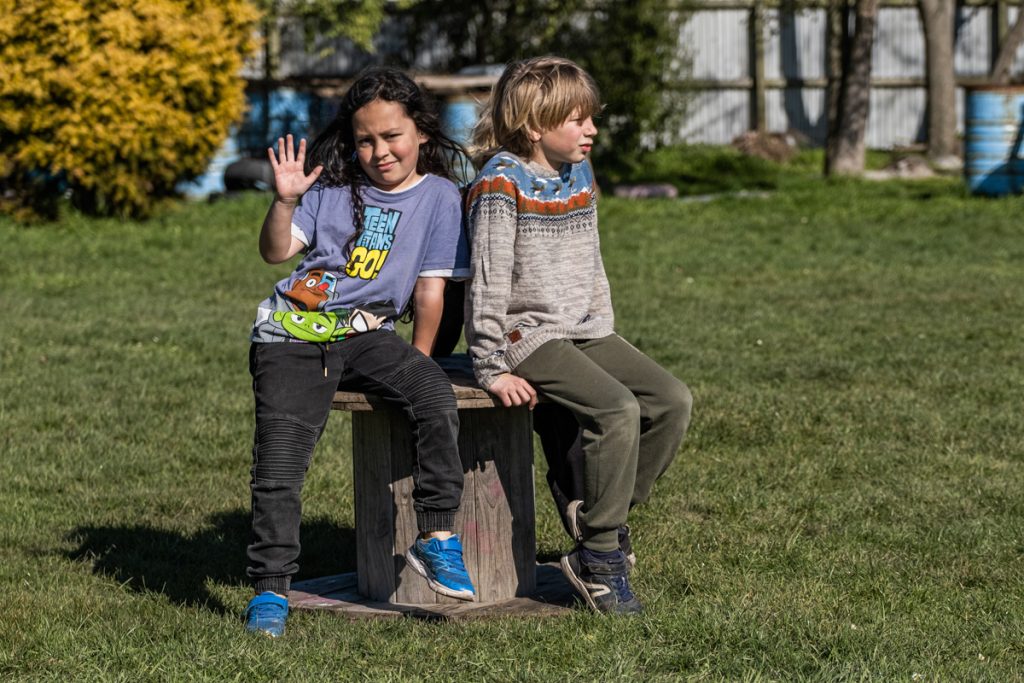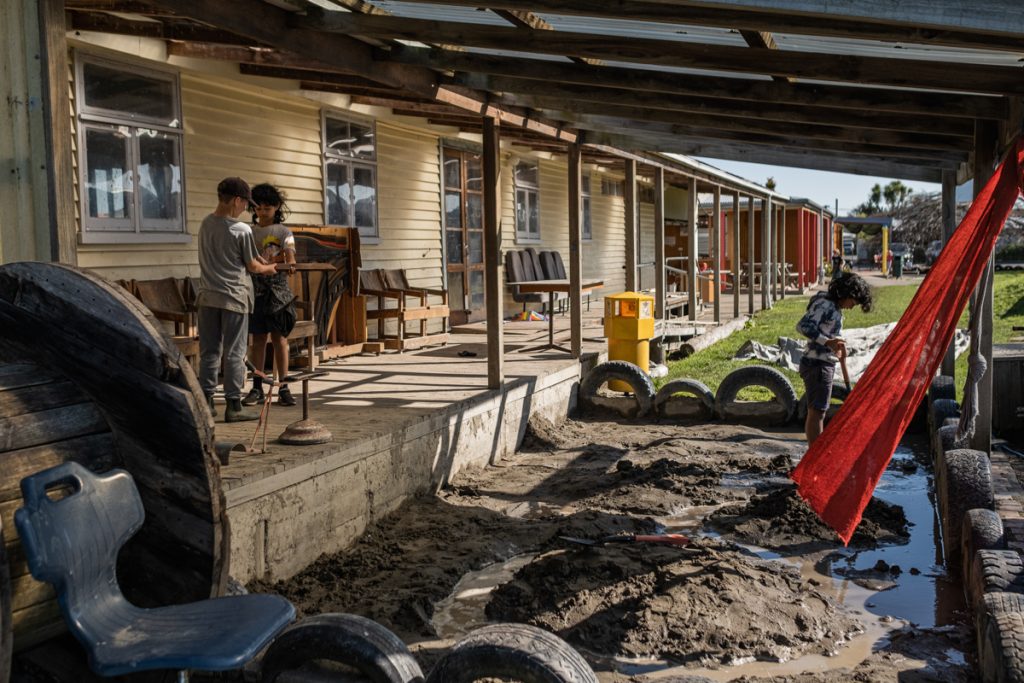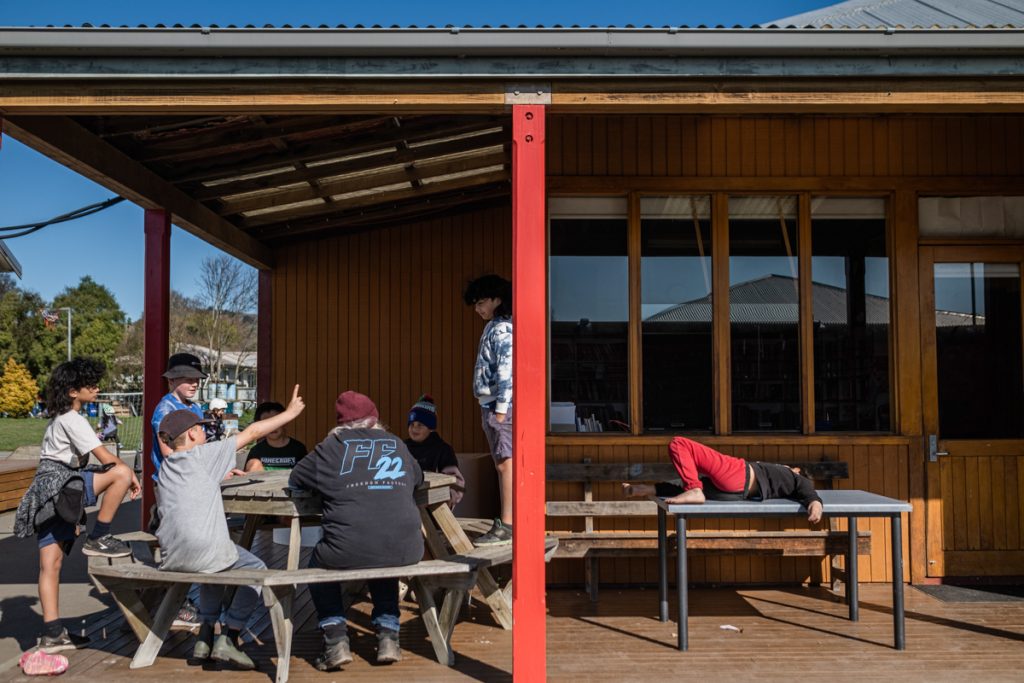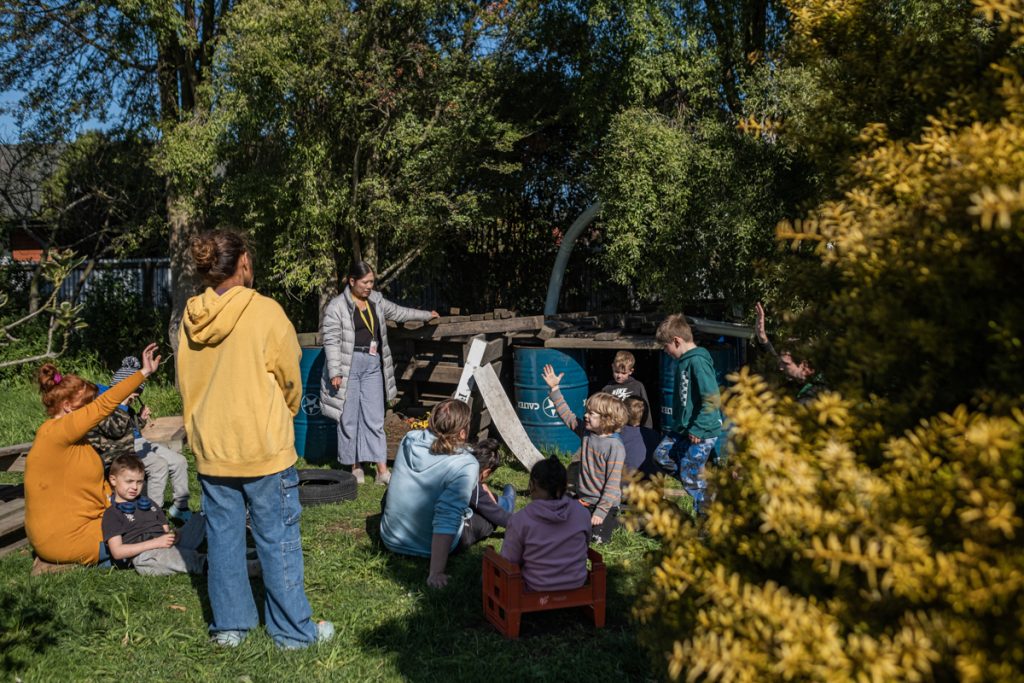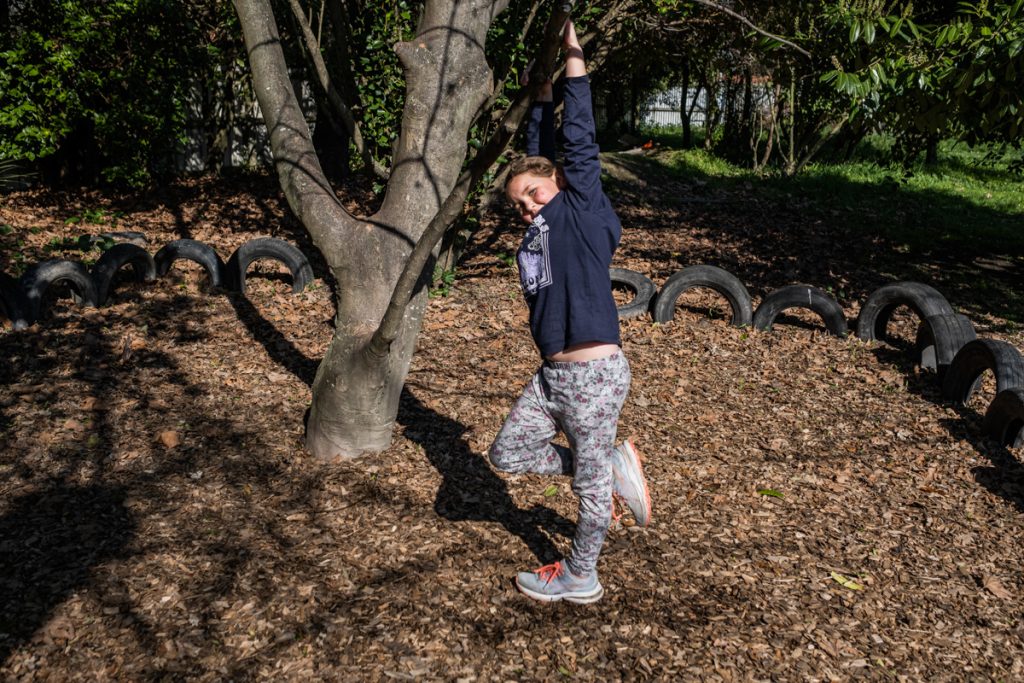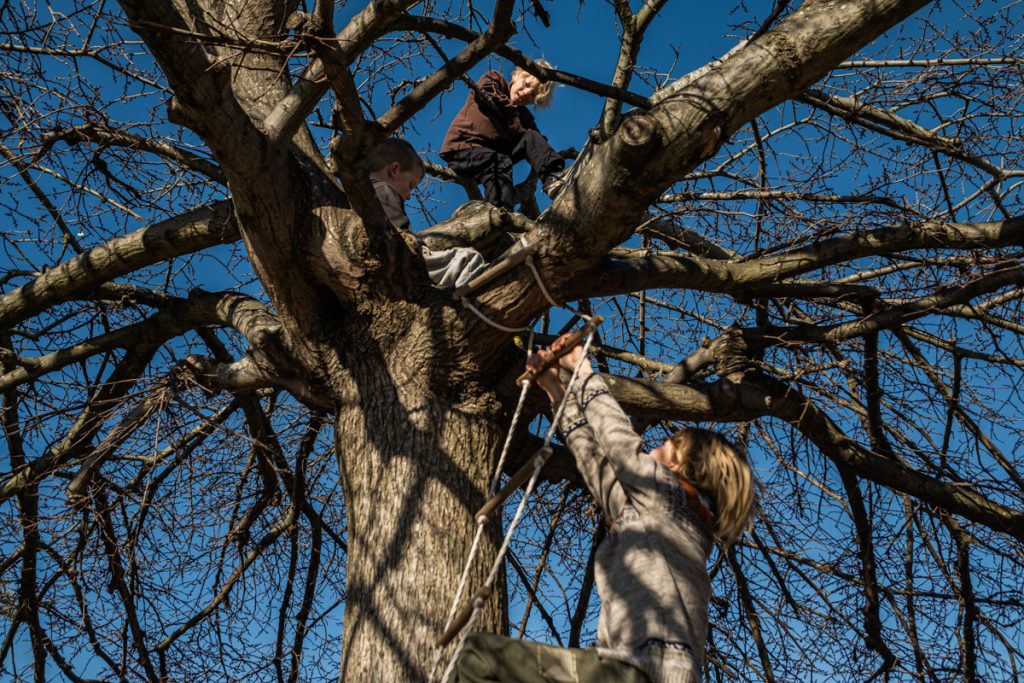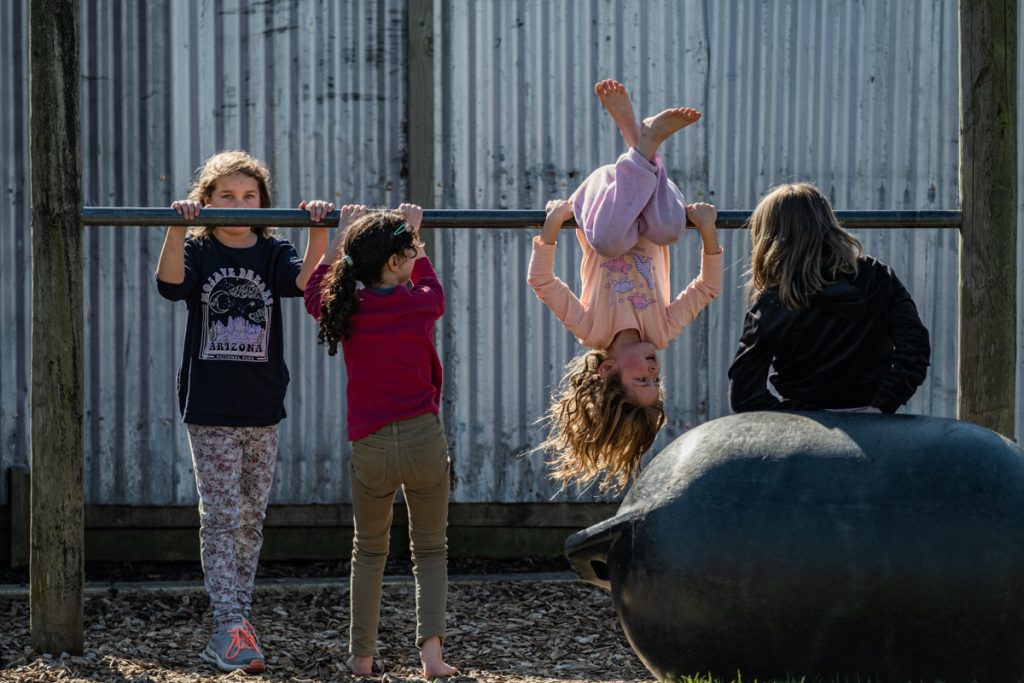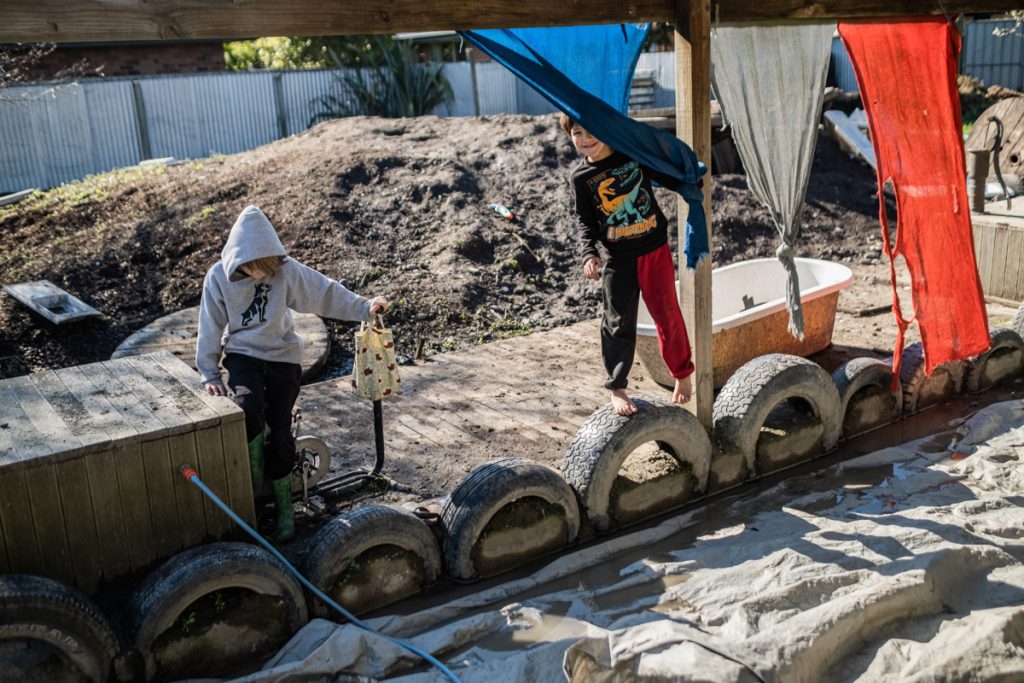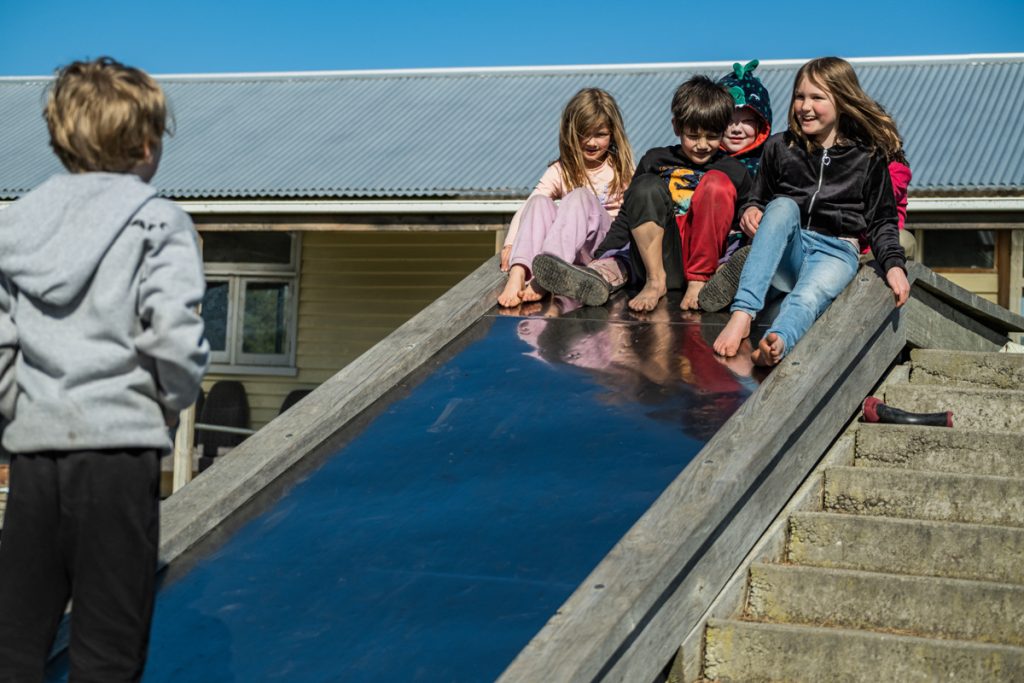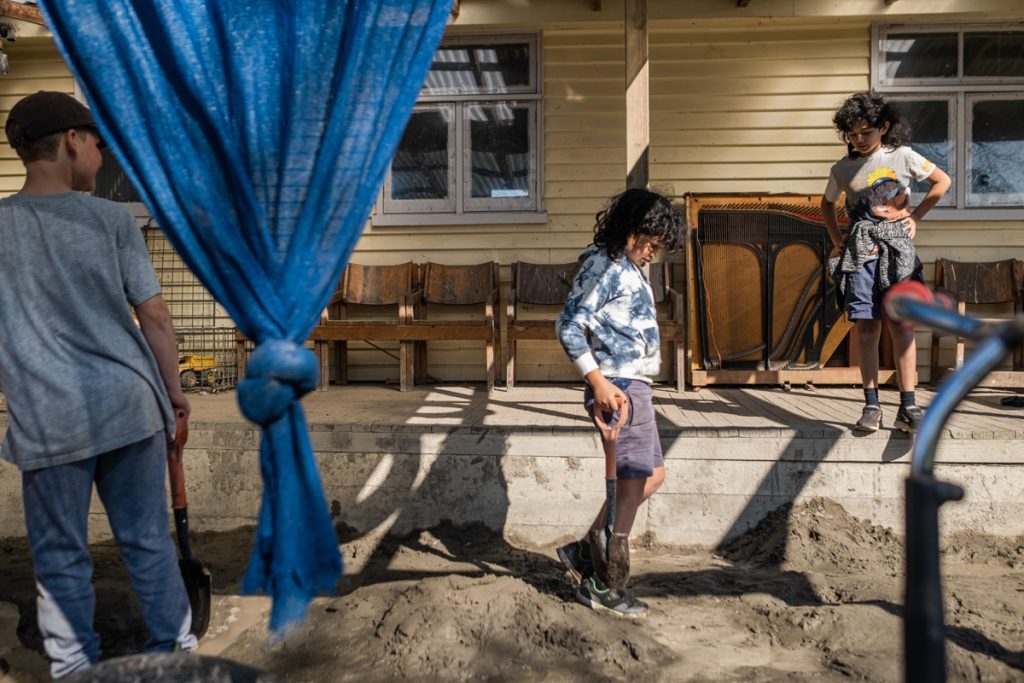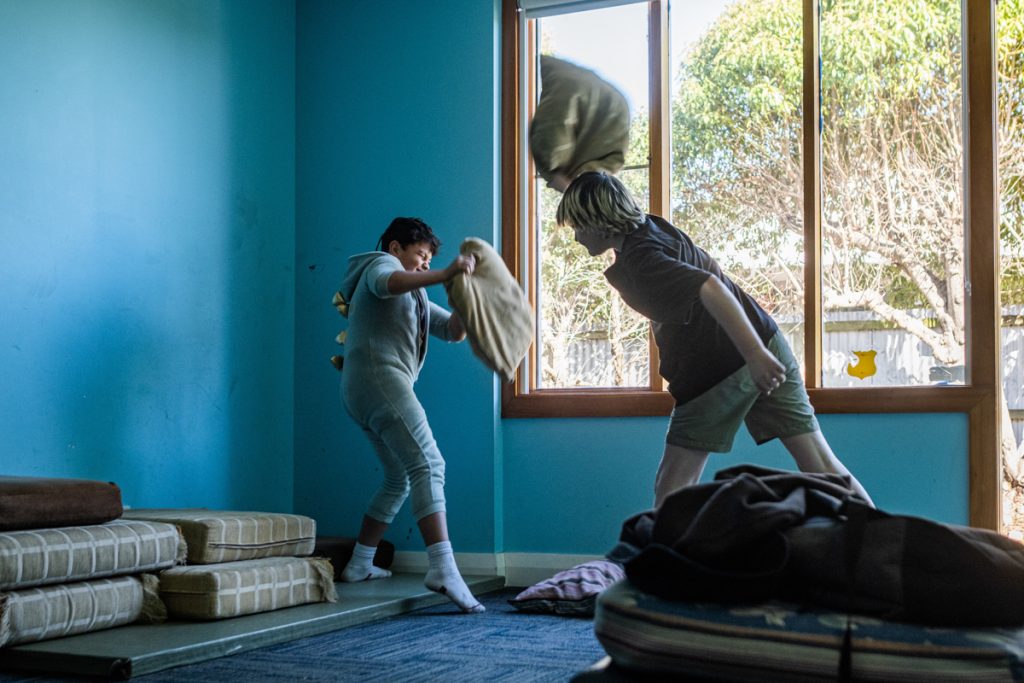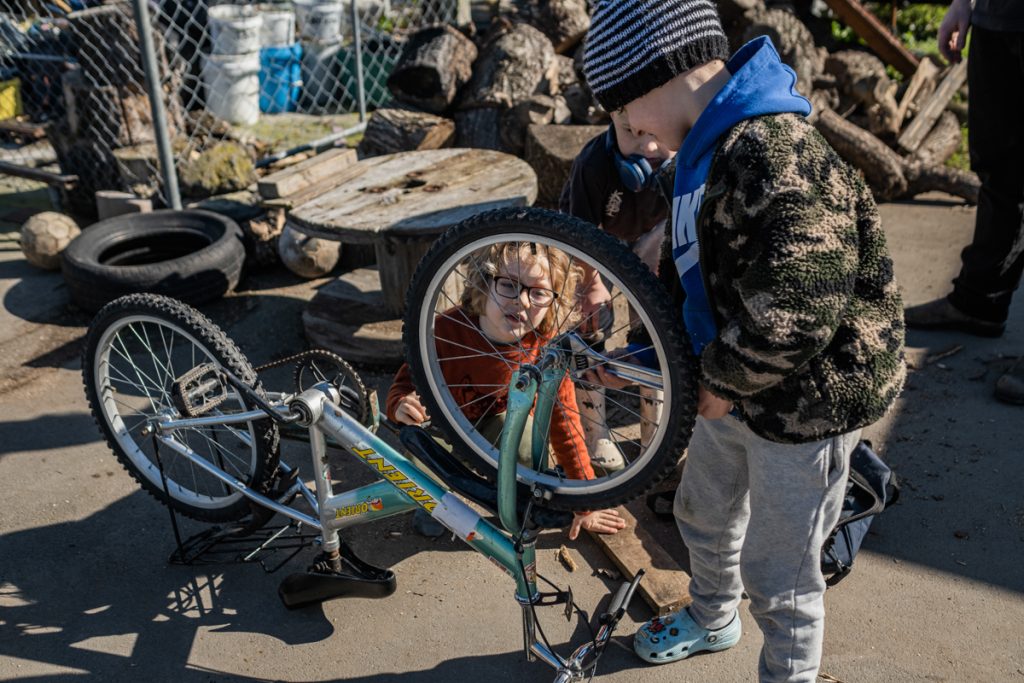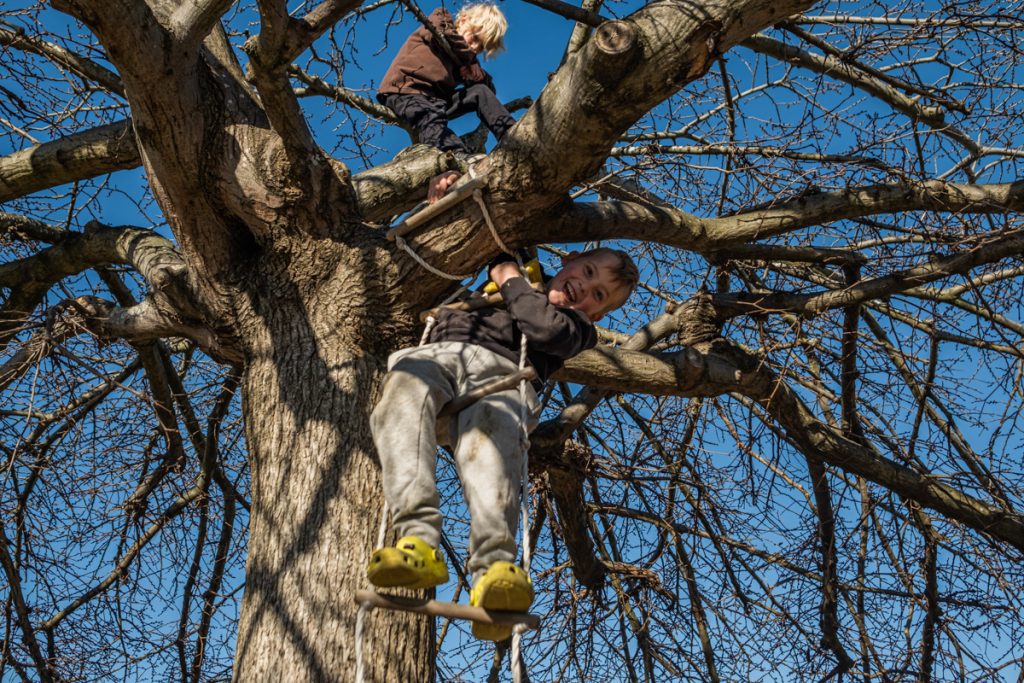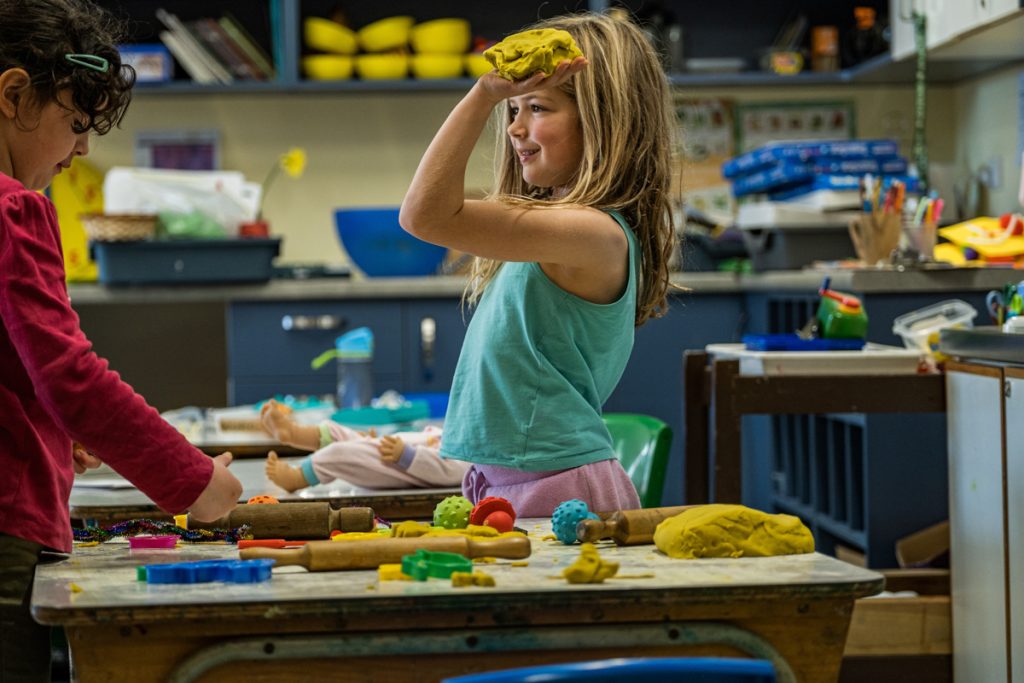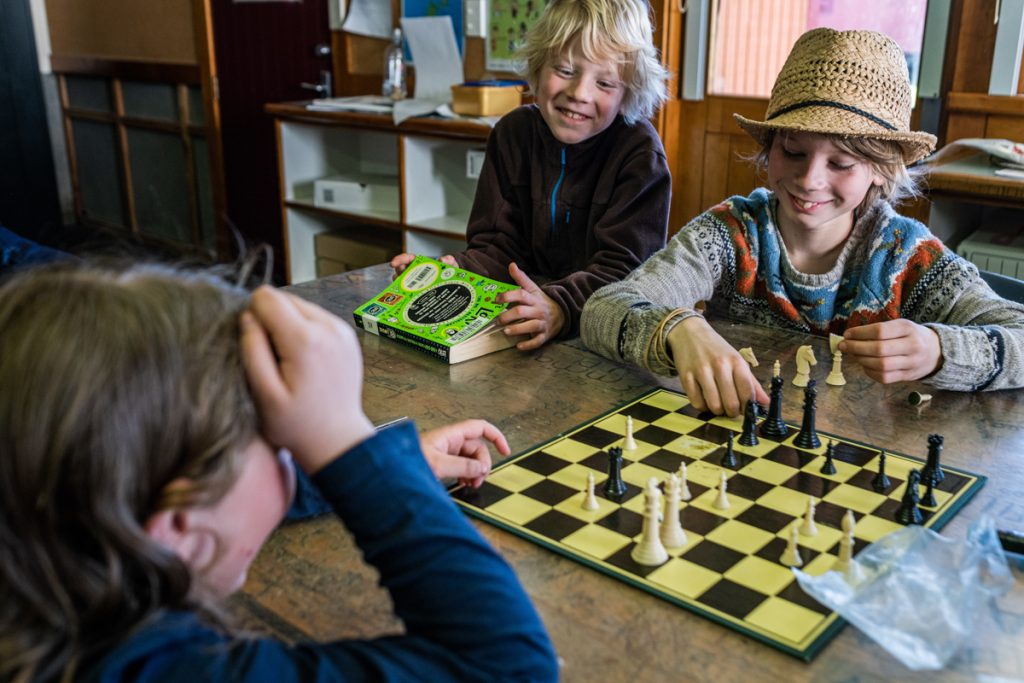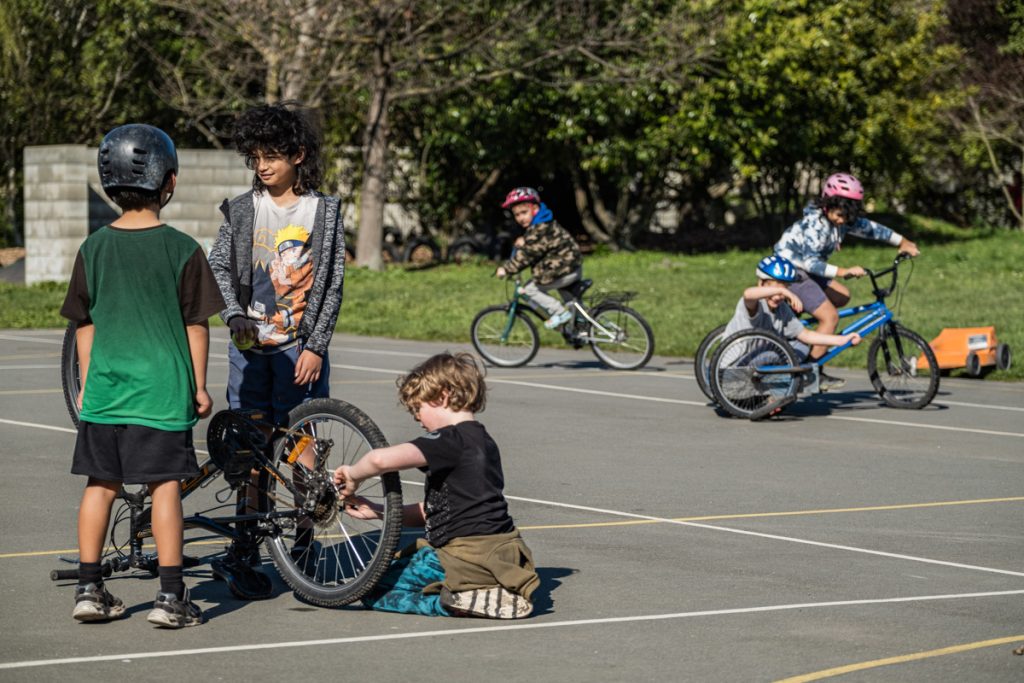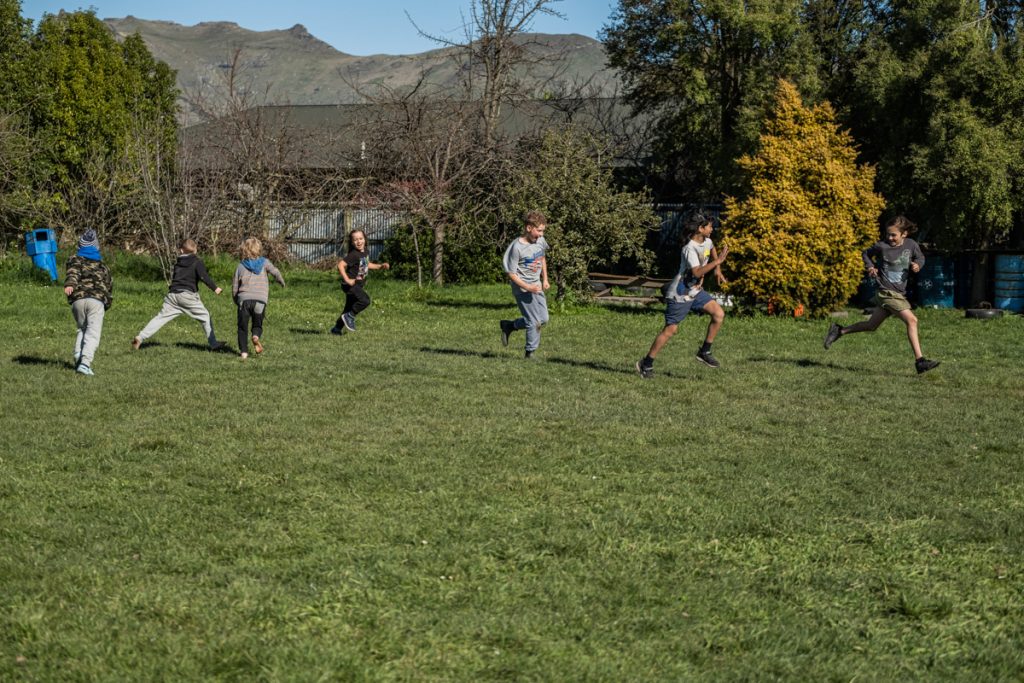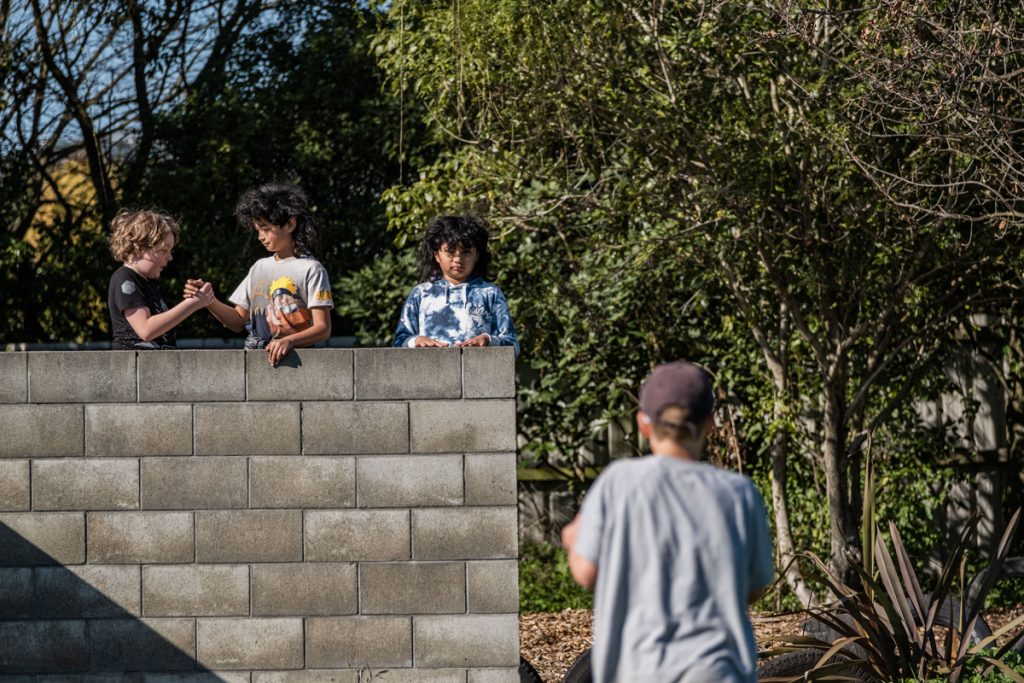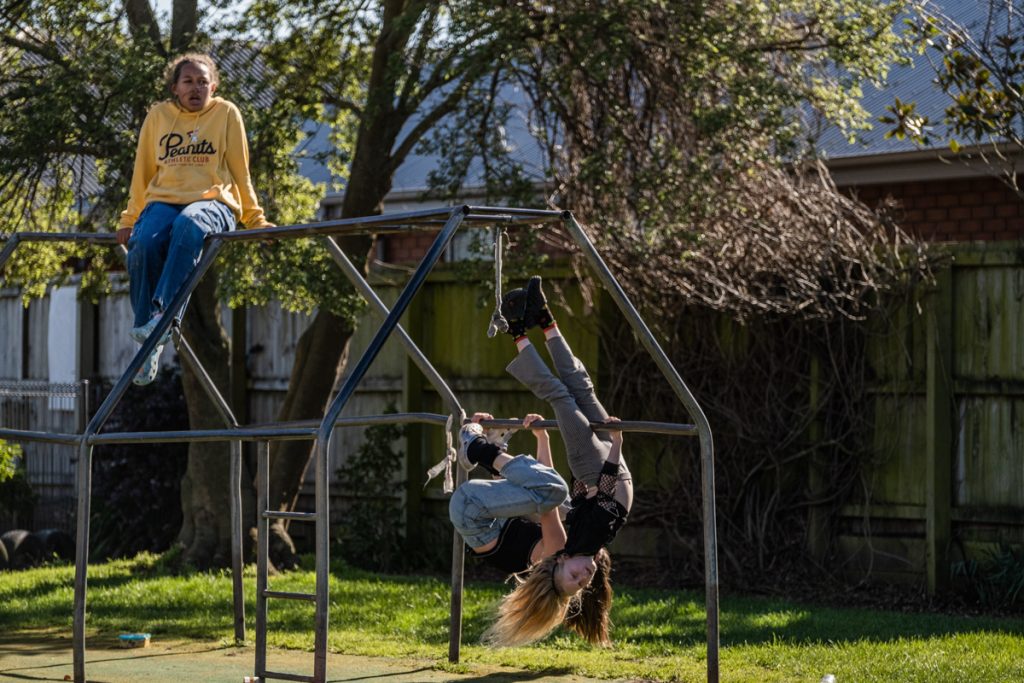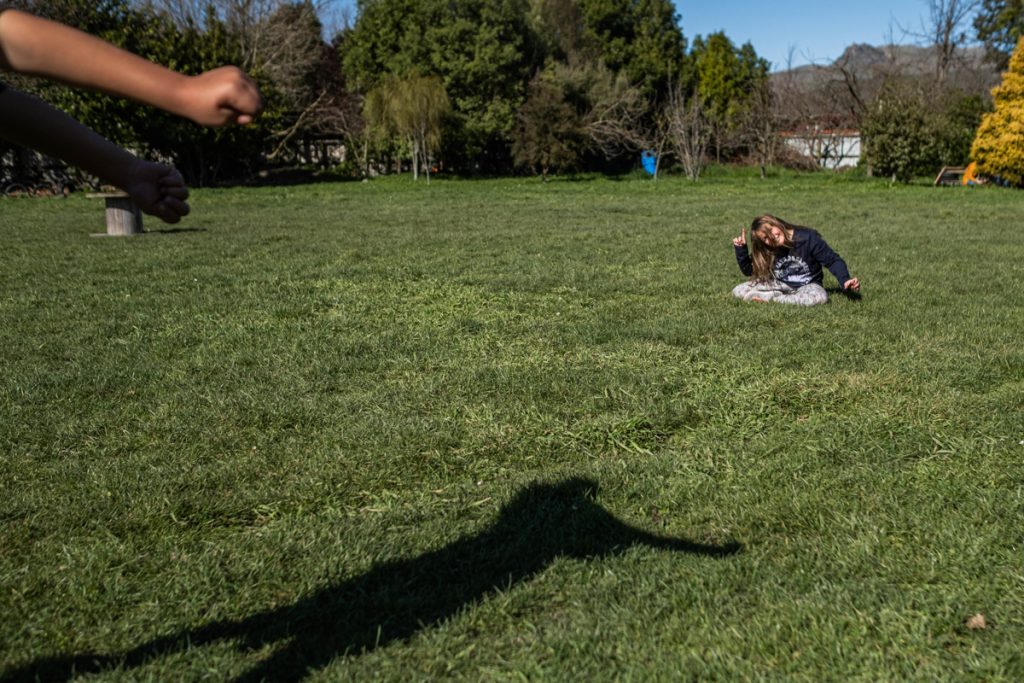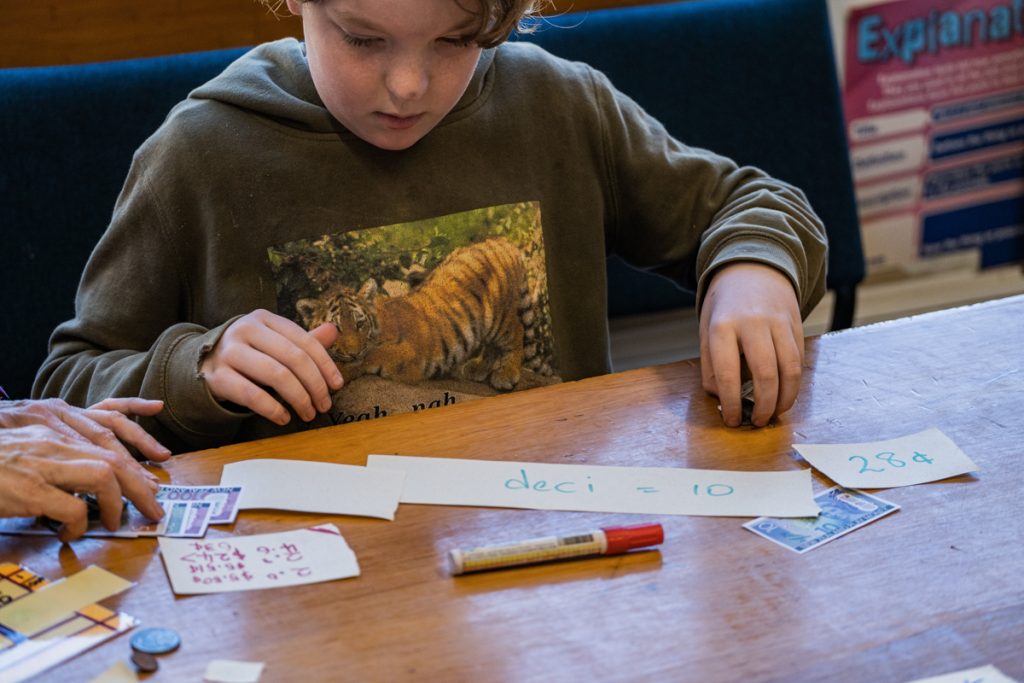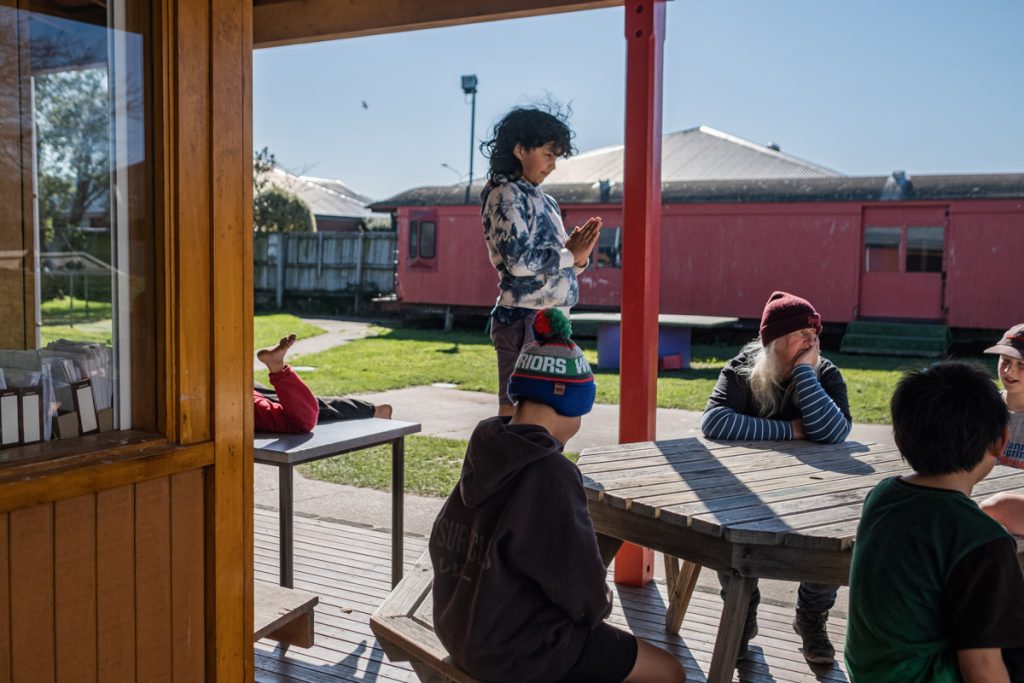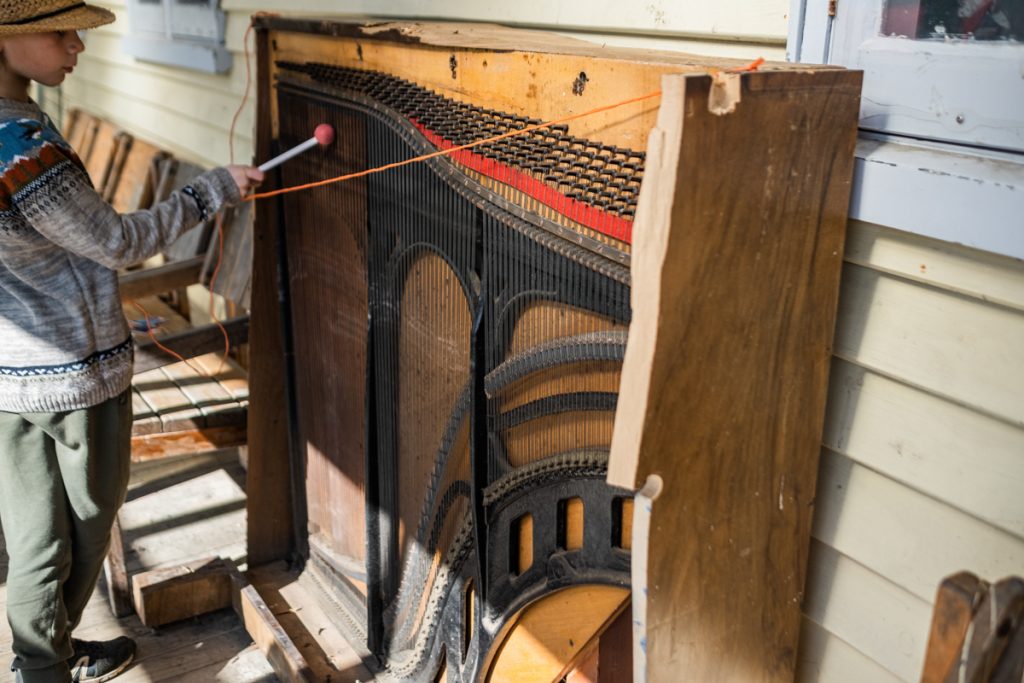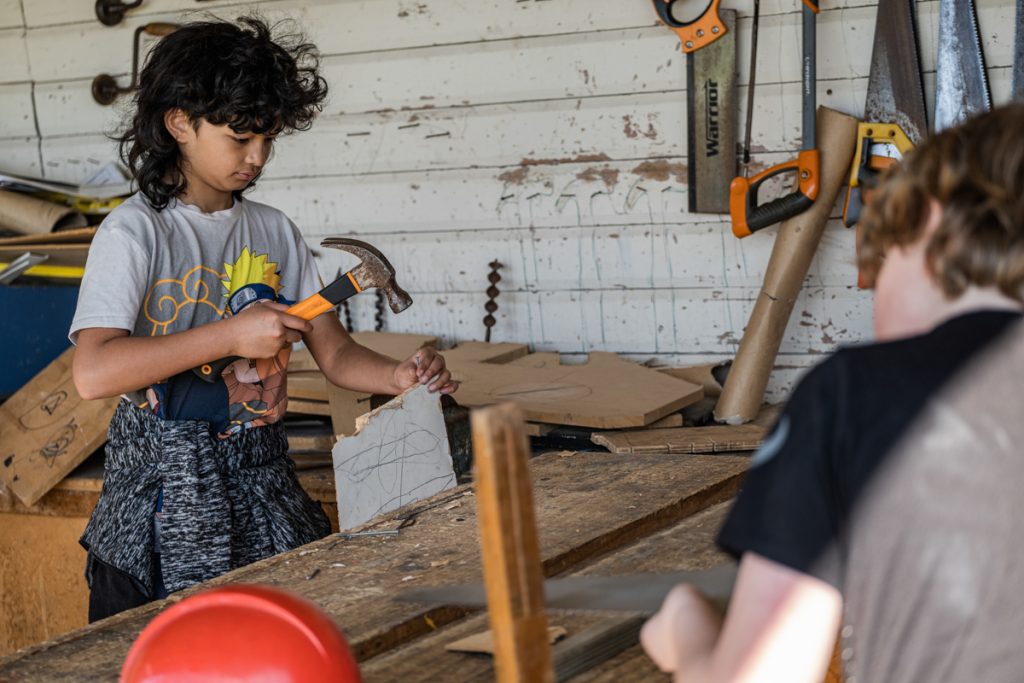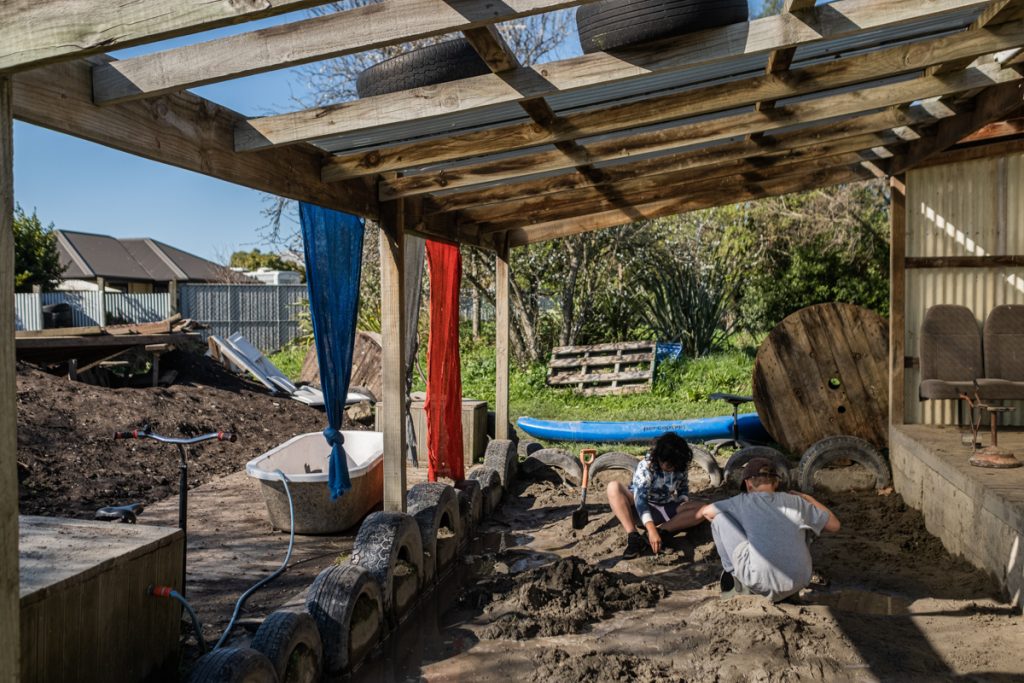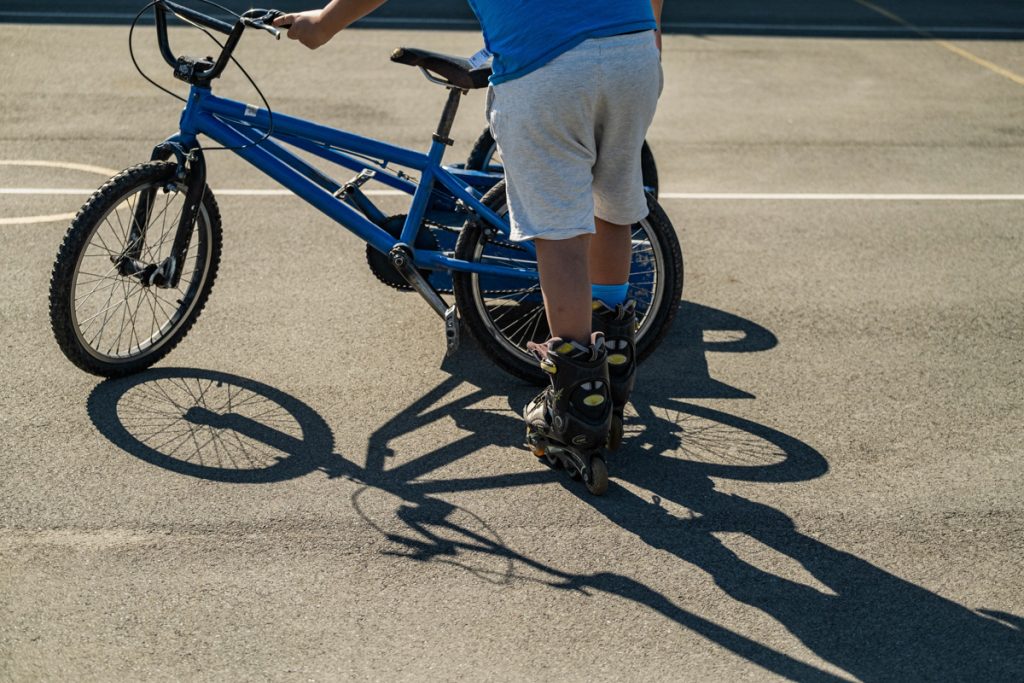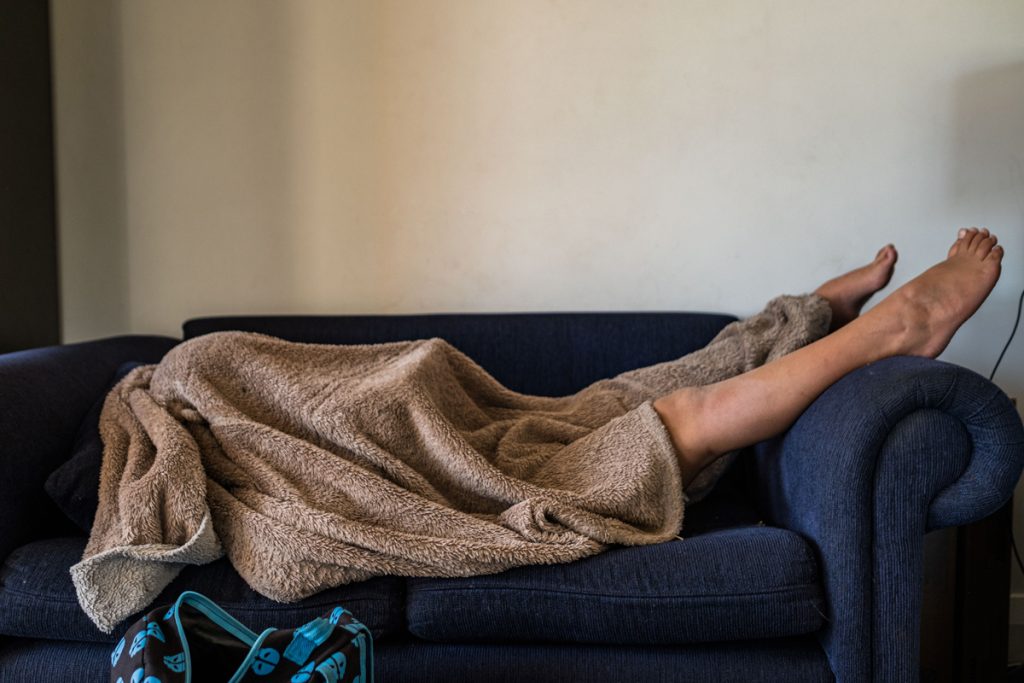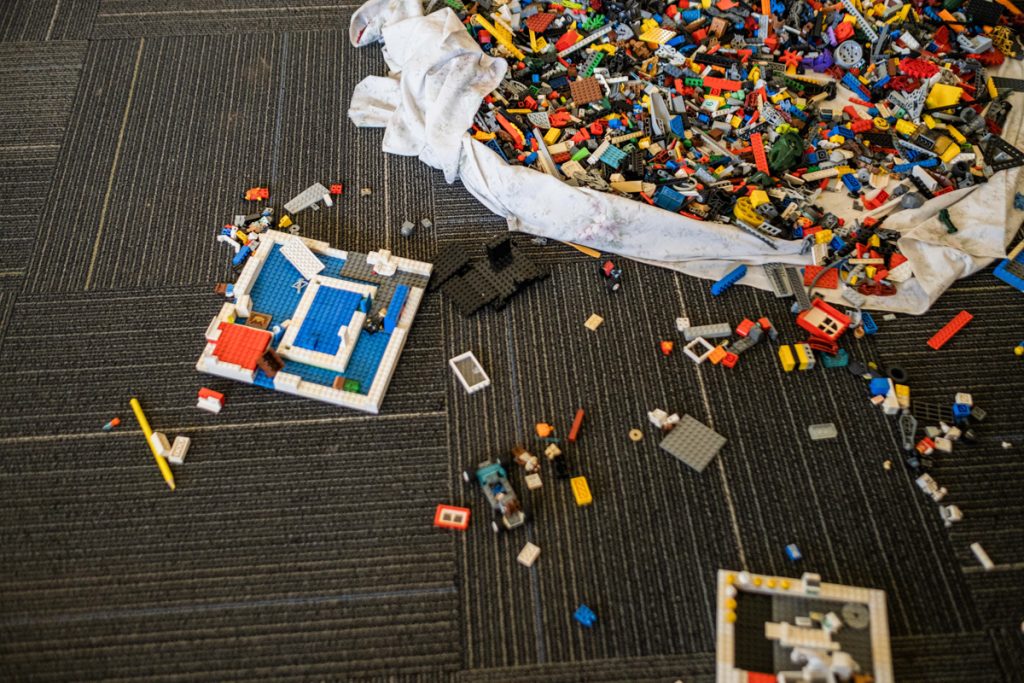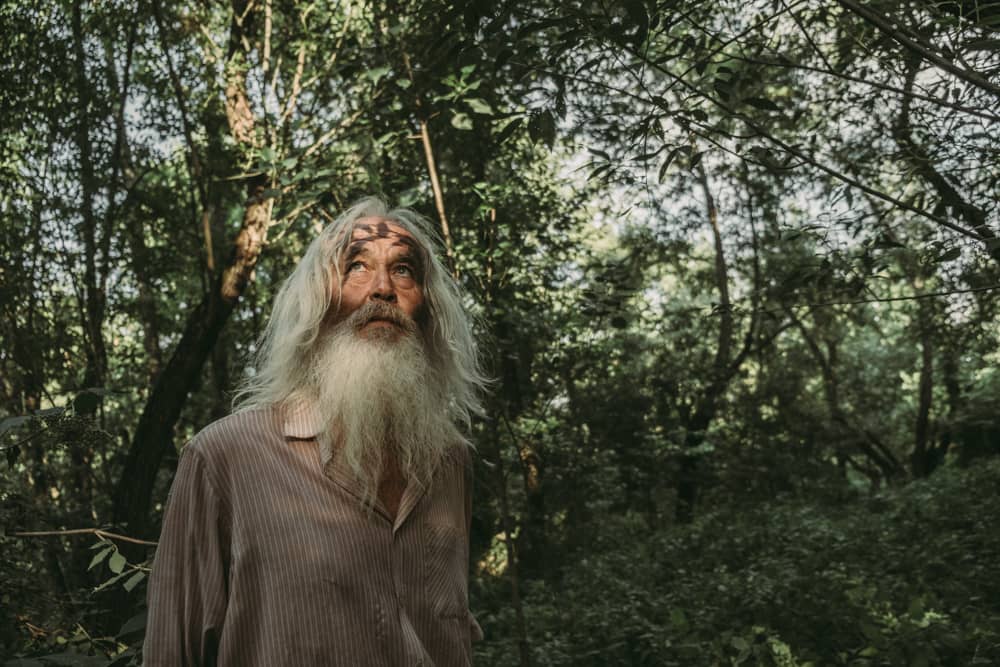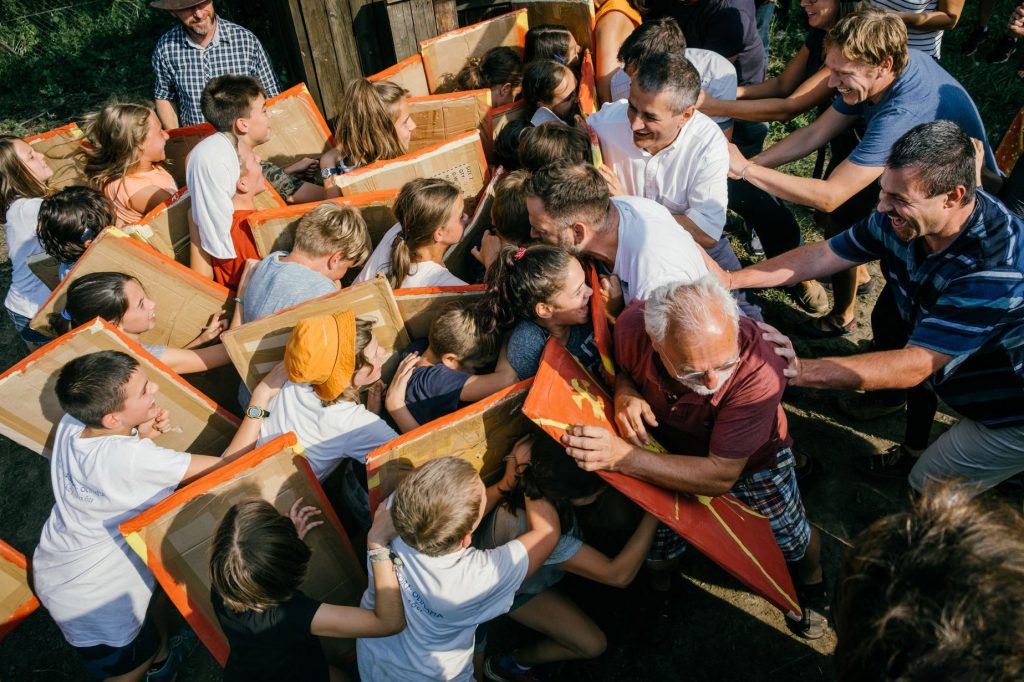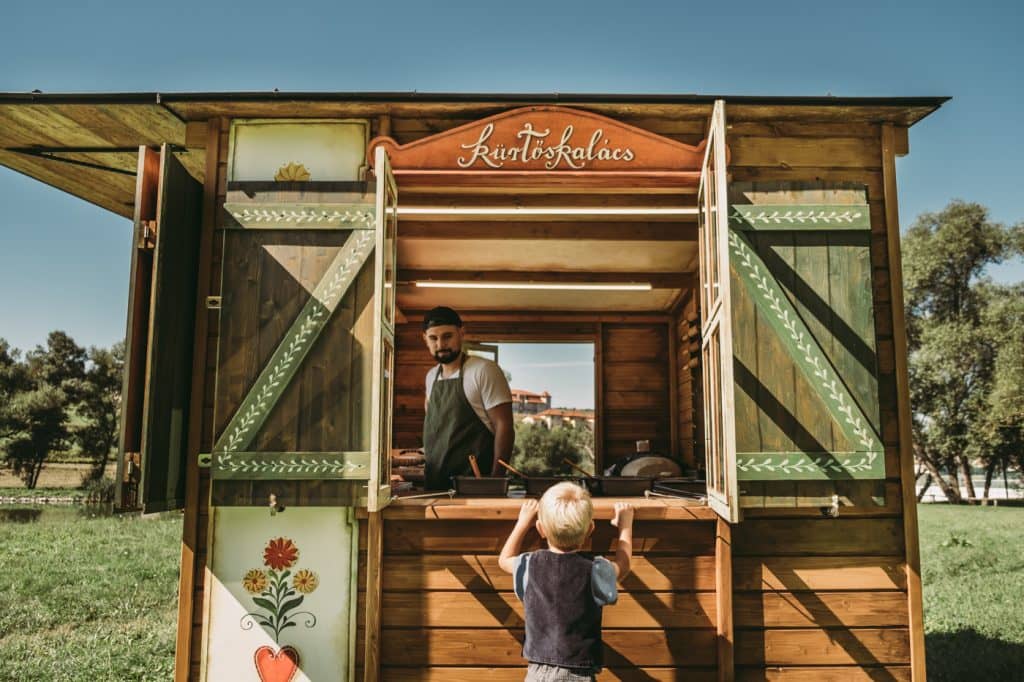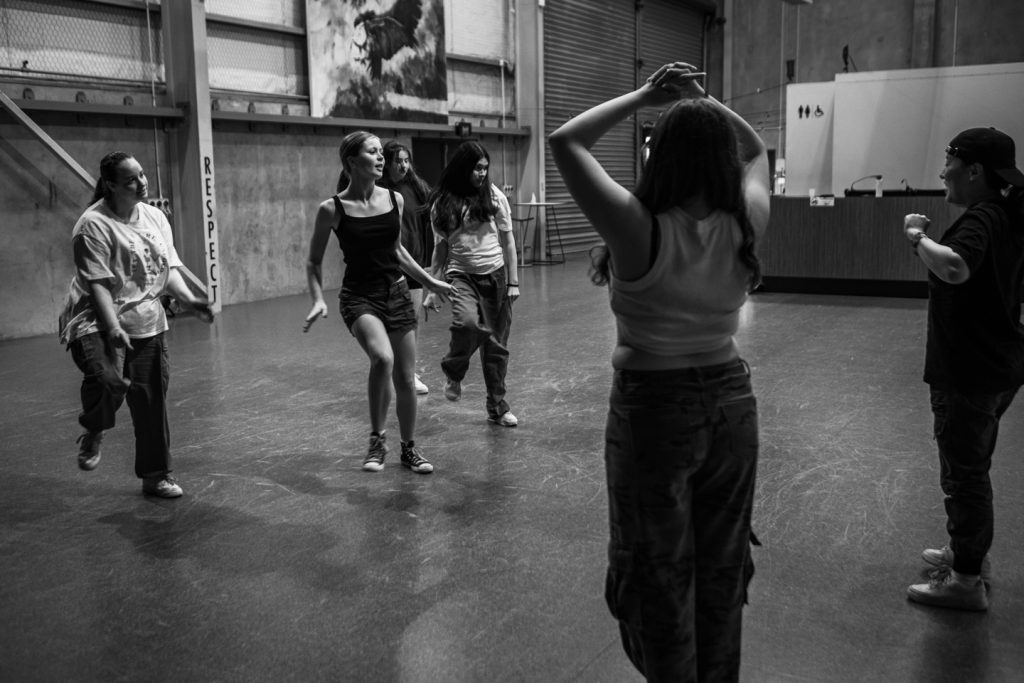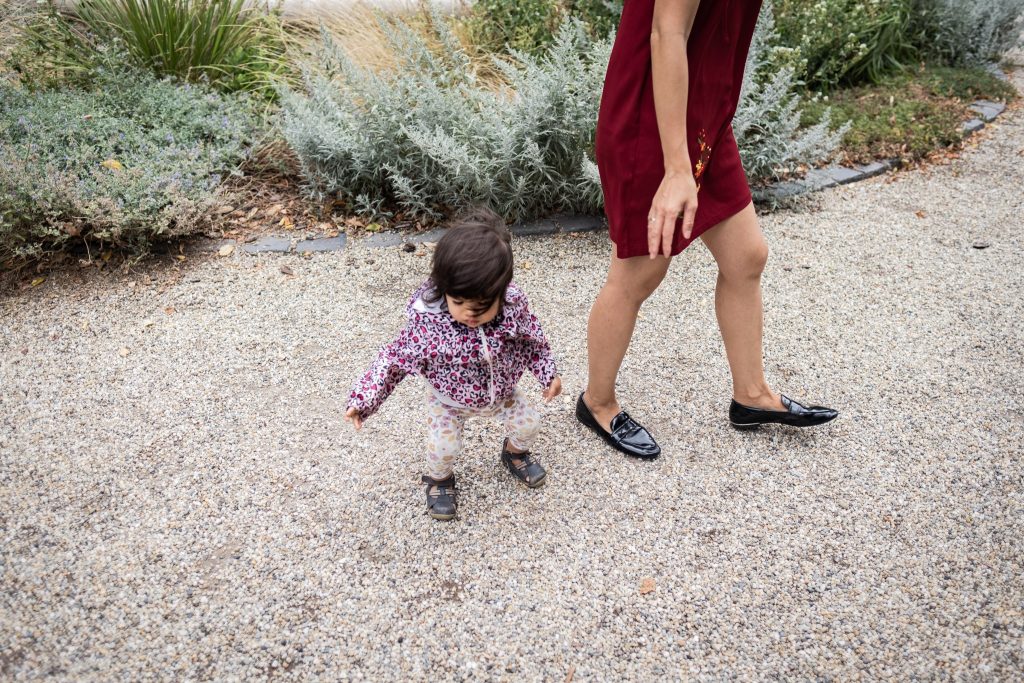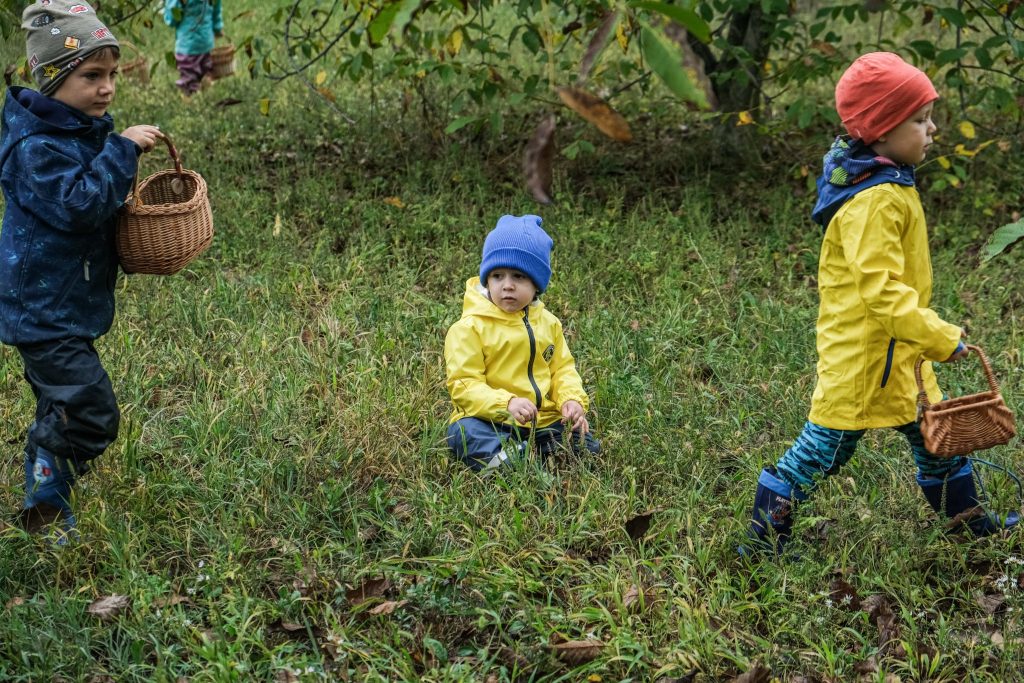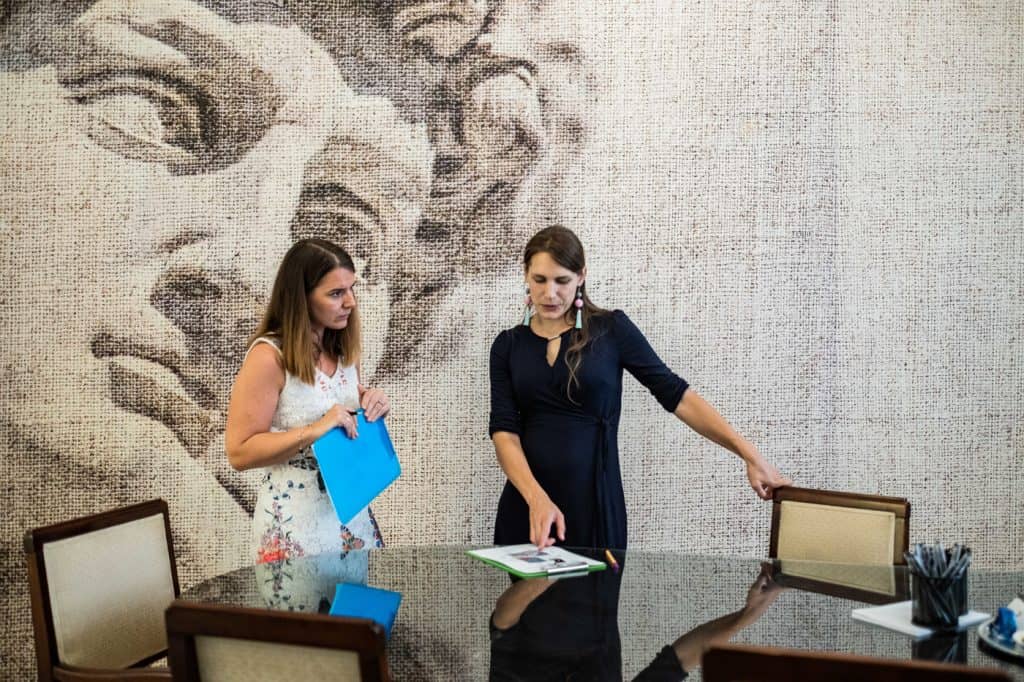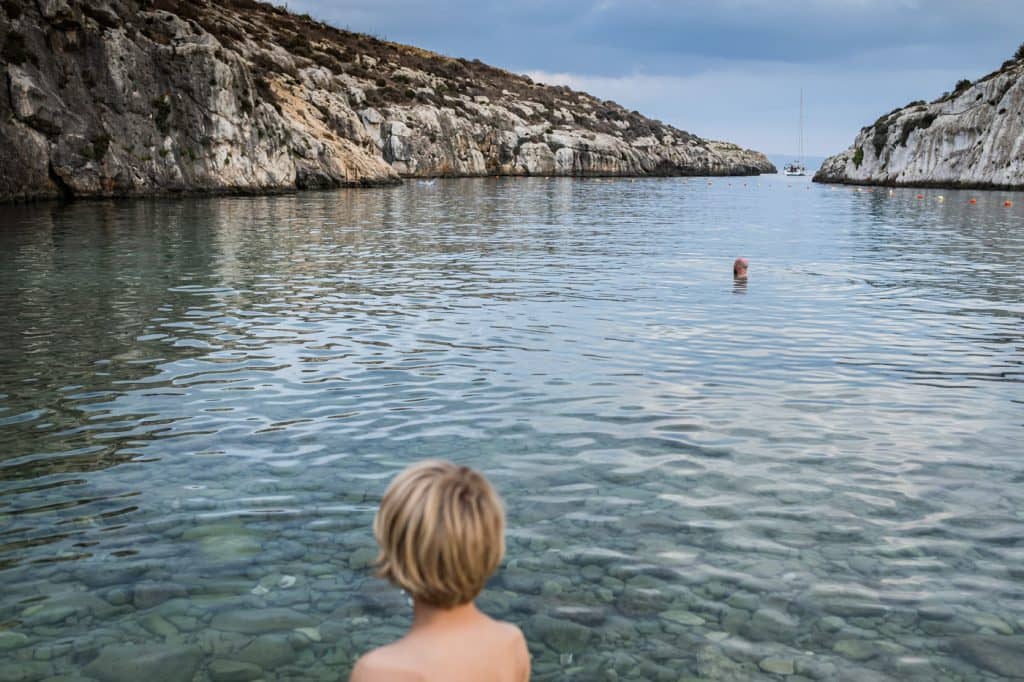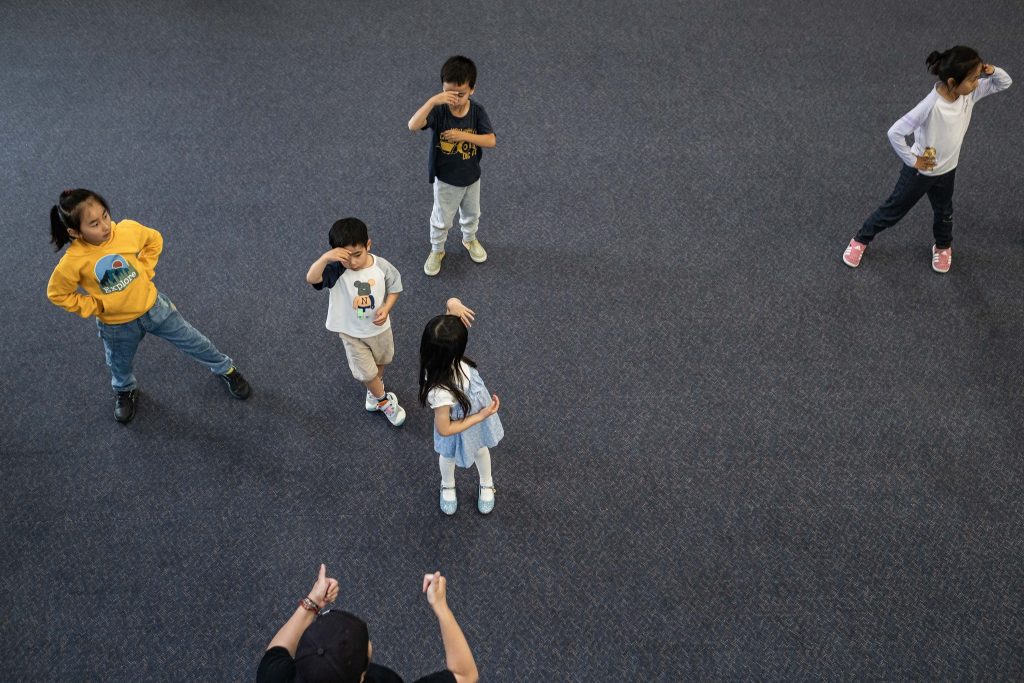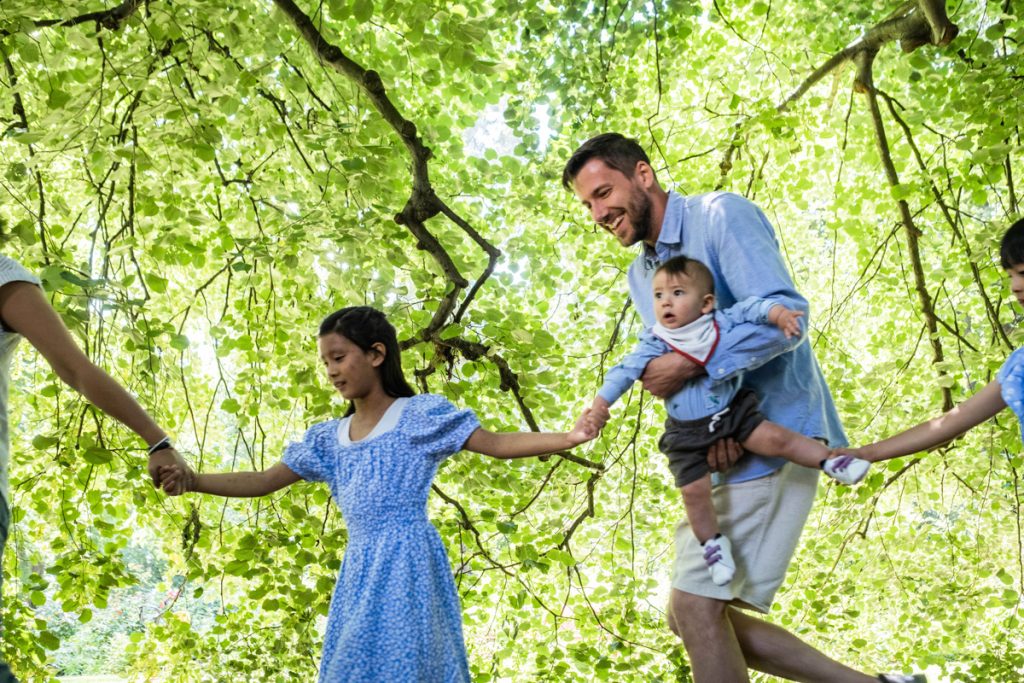A. S. Neill. Summerhill. Democratic education. Do these words make sense to you?
If so, you’ll be as excited as I was when I had the opportunity to visit this school and capture a day in the life of one of their schooldays.
The democratic school in Christchurch, New Zealand is called Tamariki School, which means Children’s School in Maori language. Here, the children decide what they learn, when, how, and indeed how they spend their days. Democratic education is an interest-driven, experiential, free learning experience. The kids are offered learning opportunities by teachers, and there is also a colourful array of objects to play with, learn from and explore. Sports, arts and crafts, counting, reading, experimenting, building bunkers, woodworking and various projects.
Regarding to the democratic nature of the school there are daily “meetings”. These are either school-wide or small group meetings where decisions are taken by the school community on various topics. On everything. If you think at first glance that anarchy reigns here, you’d be wrong. There are rules, and everyone follows them. The rules are made and set by the community – students and teachers, children and adults have the same importance of opinion and voice.
Parents are/may be present at school all day, and children have phones to talk to their parents at any time.
It is a very unique, free atmosphere. If you get tired, you can sleep. If you’re hungry, you eat (but follow the rules: only at the table!). And the children play, play, play. With each other, with the teachers. Even when we might call it: Learning.
